At Reconnect Rochester, 2022 brought renewed hope and activity as the world fully opened up and we could get back to what we love doing best — getting together and working alongside people and organizations in the community who share our passion for improved mobility.
This has also been a year of dramatic organizational growth that’s allowed us to do even more to pursue our hopes and dreams for mobility in Monroe County. Check out below the Top 10 things we’re most proud of accomplishing in 2022. The list gets more action-packed each year!
TOP 10 THINGS WE’RE MOST PROUD OF IN 2022
(In no particular order of importance.)
#10
Inspired People to Get Multi-Modal
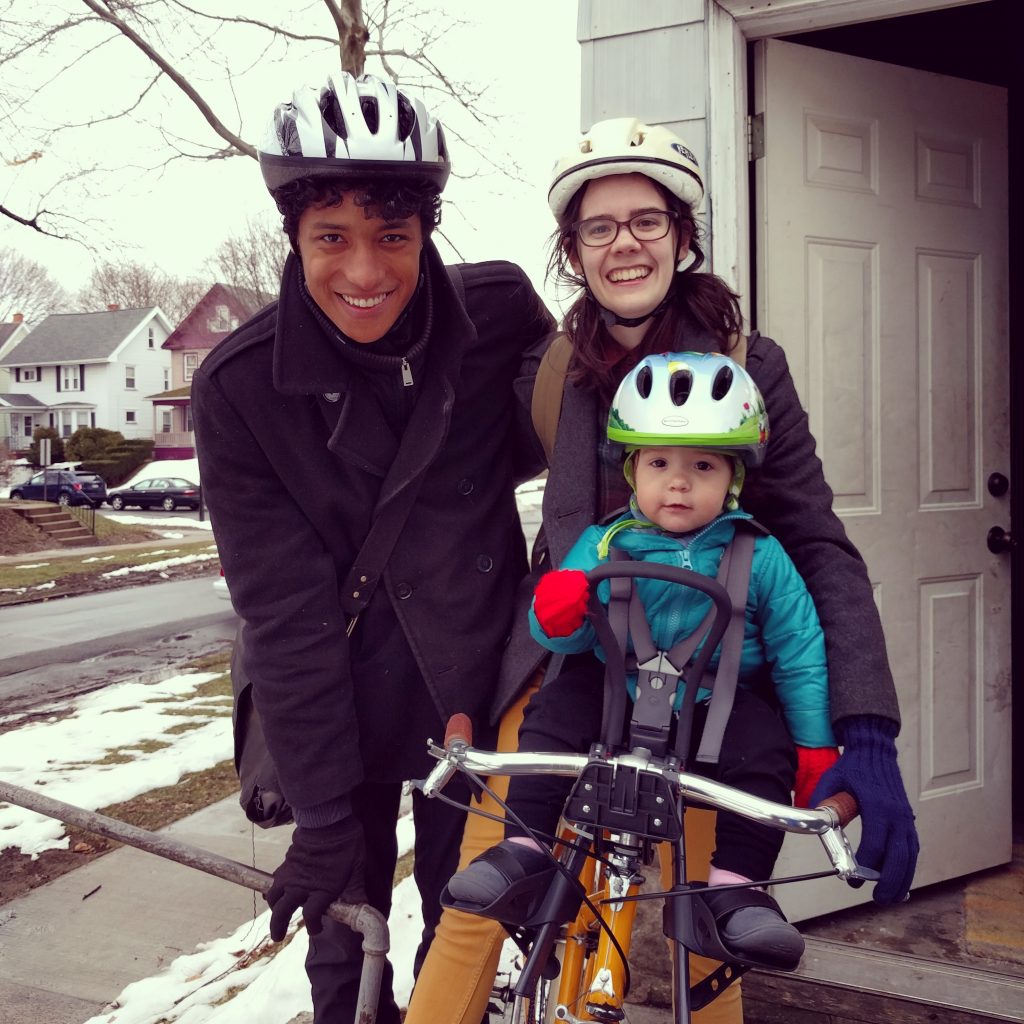
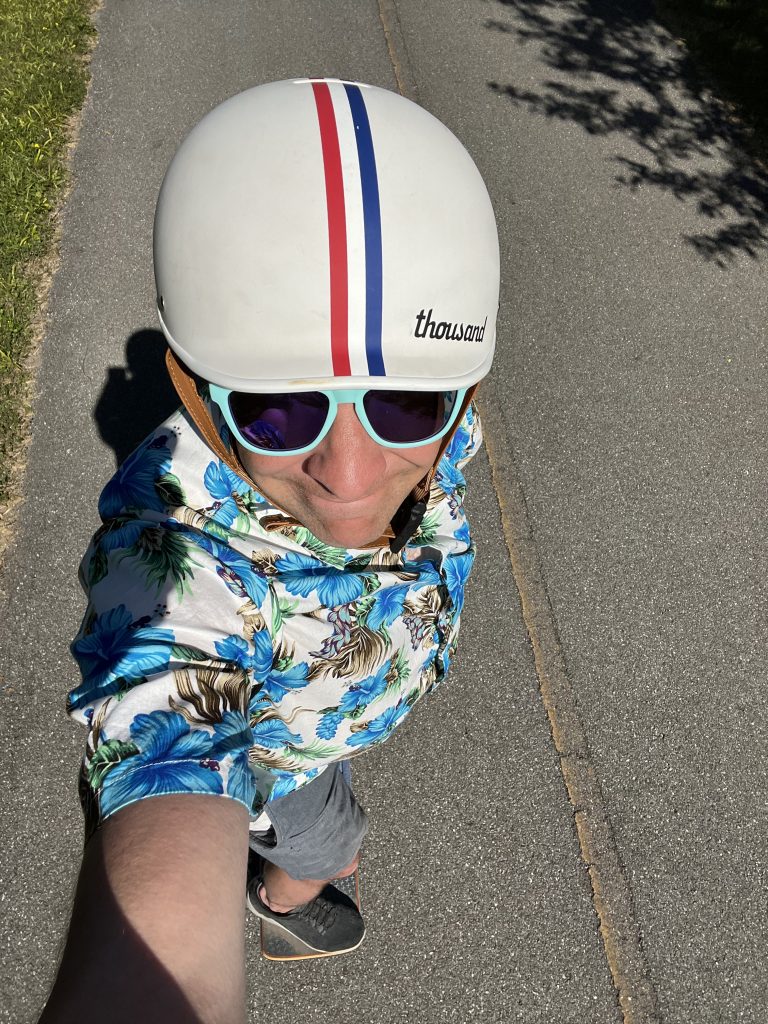
At Reconnect Rochester, we want to inspire and empower people to use various modes of transportation and discover the joy and freedom of getting around by bus, by rail, on bike or on foot. Our Car-Lite ROC blog series featured the voices and stories of folks around the community who are living a car-lite lifestyle in Rochester and loving it! Catch up on the blog series here and listen to the podcast of some of our guest bloggers on Connections with Evan Dawson.
#9
Expanded Bus Amenities
In August, we held a ribbon cutting to celebrate the installation of 23 more bus stop cubes on Portland, Hudson, Lake, Dewey & St. Paul. Seating at bus stops not only supports the basic needs of people who rely on RTS bus service, it also encourages more people to use public transit by improving the experience. Special thanks to the City of Rochester for being a valued partner on this project, and State Senator Samra Brouk for securing funding to support this round of bus stop cubes.
#8
Transformed an Intersection
We continued our effort to make Rochester streets safer for all with a Complete Street Makeover of the intersection of Orange Street and Orchard Street in the JOSANA neighborhood. In collaboration with many neighborhood and community partners, we implemented temporary street design changes to make the intersection safer for those who use it every day. As a result of our installation, the average speed decreased 20%, the 85th percentile speed declined 28%, and the maximum speed declined 26%.
#7
Used the Power of Film to Educate and Inspire
This year, we produced two Rochester Street Films events at The Little Theatre. In June, we partnered with the Climate Solutions Accelerator to showcase the feature-length documentary Life on Wheels, followed by a discussion about the mindset & policy shifts needed to create a more multimodal community. In October, we brought a set of curated film clips to the screen to explore Why We Bike, and had a panel discussion and Q&A about the rewards for us personally and as a society when more people ride bikes.
#6
Expanded Our Advocacy Efforts
In January, we welcomed James Dietz in the newly created Advocacy Manager position to bolster our volunteer-based advocacy work with staff-based efforts. Our advocacy efforts this year included a virtual trip to Albany to fight for safe streets legislation & public transit funding, supporting the expansion and accessibility of mobility options like HOPR bike & e-scooter share and the launch of Floshare electric car share, and more on-the-ground action like mobilizing a team of staff and volunteers to shovel out bus stop cubes.
#5
Stepped up Communications and Outreach Efforts
In August, Jahasia Esgdaille joined our team in another newly created position of Community Engagement Manager. This investment in staff capacity has allowed us to step up our engagement in the community with things like increasing our in-person presence via event tabling, conducting an RTS rider survey, introducing quarterly Engagement Breakfasts, and expanding our social media presence (you can now find us on Instagram!).
#4
Strengthened Partnerships
This year, we made a concerted effort to strengthen our relationships with key entities in the transportation sector and organizations that share our passion for better public transit and safe streets. We’ve established regular meetings with RTS, GTC, the City of Rochester and Monroe County, and work with countless other elected officials and organizations in the course of our day-to-day work. It was collaborative conversations that led to Monroe County’s decision to fund the relaunch of the public awareness campaign Drive 2B Better, developed by a coalition group led by HealthiKids that aims to increase safety for all road users. You can request a D2BB lawn sign for your yard here!
#3
Gave & Encouraged Public Input
Thanks to the work of our Advocacy Committee, Reconnect submitted input on every major street project and community plan in Monroe County, beating the drum to incorporate complete streets policies and a more multimodal community. We gave special attention to providing robust input into the City and County Active Transportation Plans, attended countless public meetings, and served on project advisory committees for Aqueduct Reimagined and the Zoning Alignment Project.
#2
Expanded Cycling Resources & Activities
We continued to exponentially expand cycling-focused programs, advocacy, education & outreach, including the creation of a one-stop Community Cycling Calendar and the RocEasy Bike map of recommended low-stress bike routes around Rochester. Plus, we pulled off our first annual ROC ‘n Roll community ride, continued our Flower City Feeling Good bike rides in collaboration with the City of Rochester and Exercise Express, rolled out Local History Bike Tours, and hosted a 2-day workshop by the League of American Bicyclists for local transportation planner’s and advocates. We’re especially proud of our first annual Mind the Gap campaign which asked cyclists where critical bike connections were missing in Monroe County’s bike network.
Check out the CYCLING TOP 10 LIST for even more about bike-related efforts led by our rock star Cycling Manager, Jesse Peers.
#1
Leveled Up Our Staff & Welcomed New Board Leadership
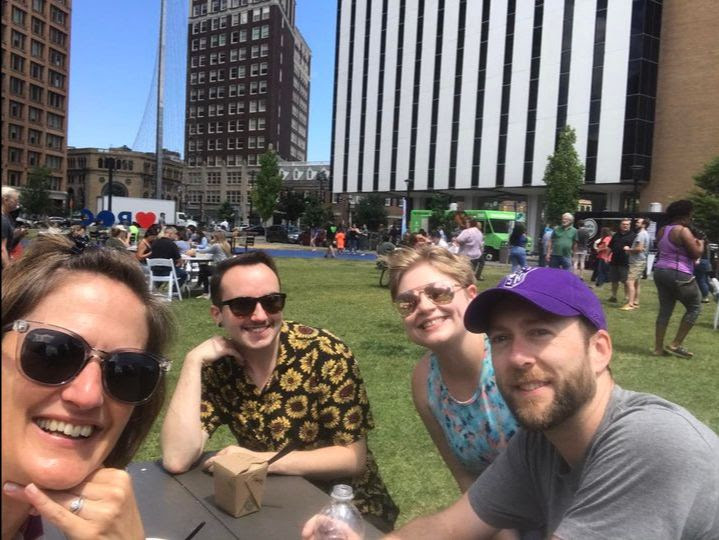
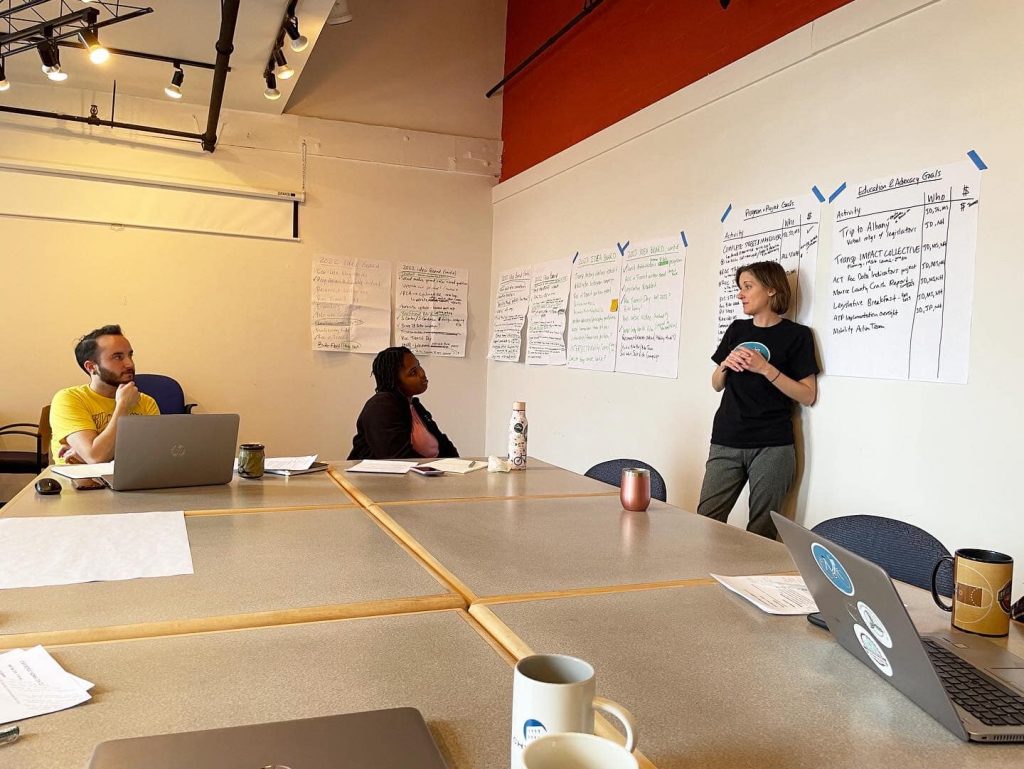
If you’ve made it this far, you’ll know there were a few areas where we mentioned increased staff capacity. In 2022, we were able to hire two full-time employees and increase the hours of our part-time employees. More human power means more impact, and we are loving all the new and expanded ways we’ve been able to tackle our mission. This growth was made possible in great part by the continued support of Dr. Scott MacRae and a generous grant from the ESL Charitable Foundation’s Building Strong Neighborhoods initiative.
We also brought on three new board members – Bree-Ana Dukes, Bo Shoemaker & Erick Stephens – who have each used their experience and talent to energize our efforts.
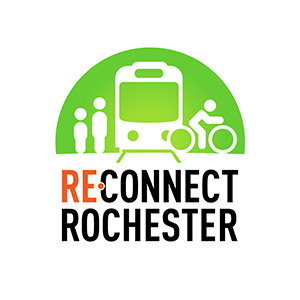
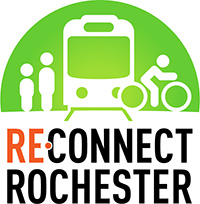
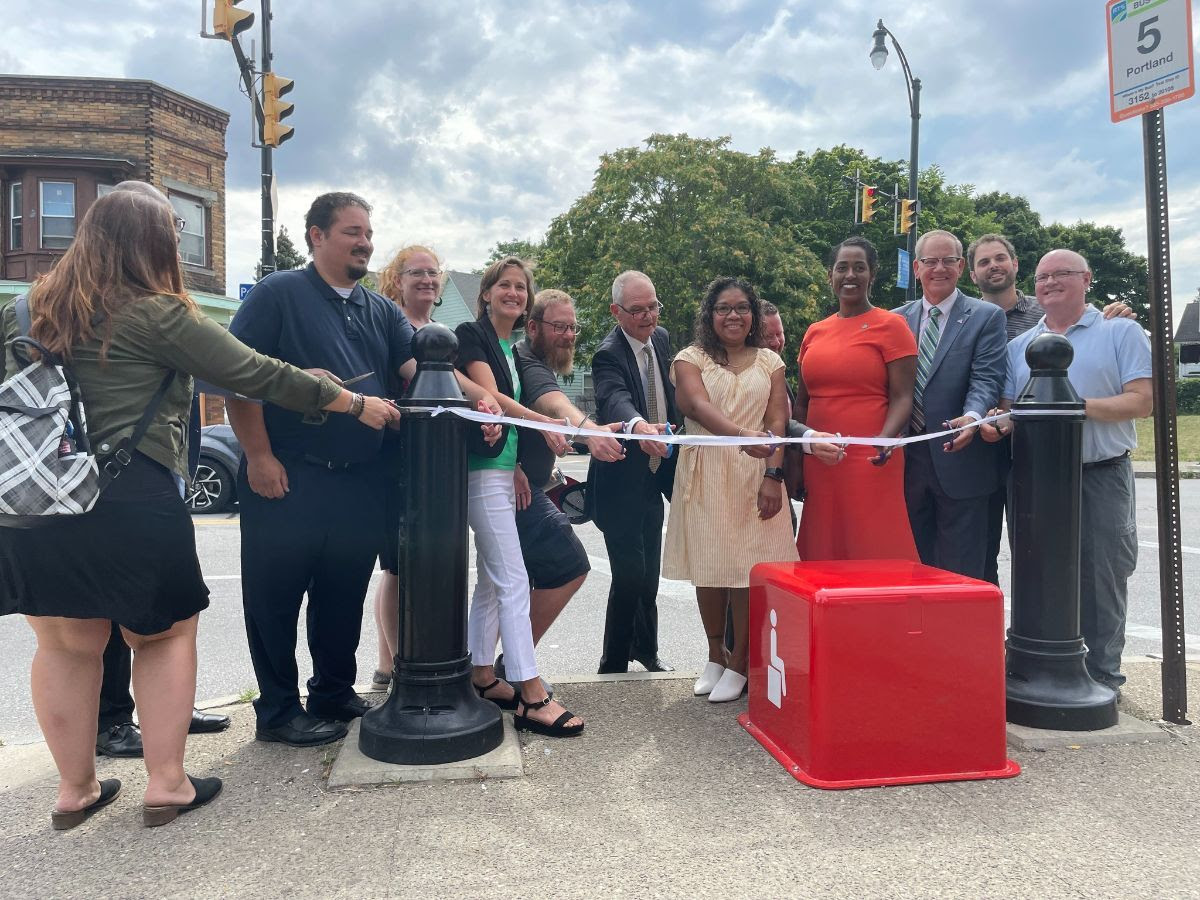
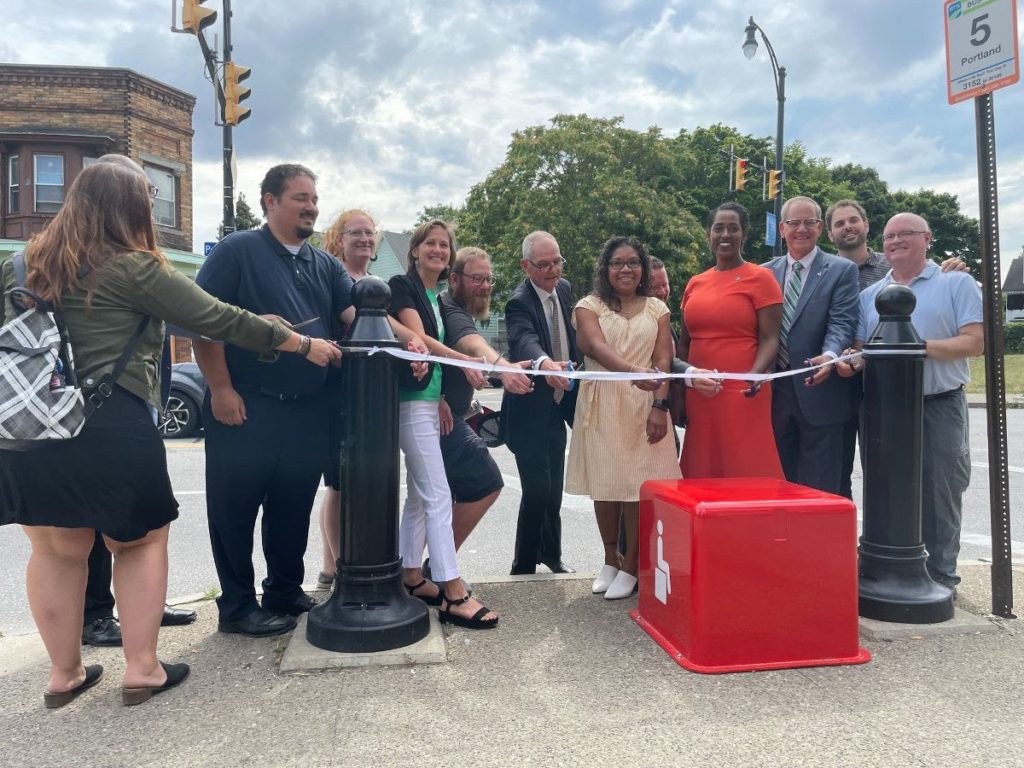
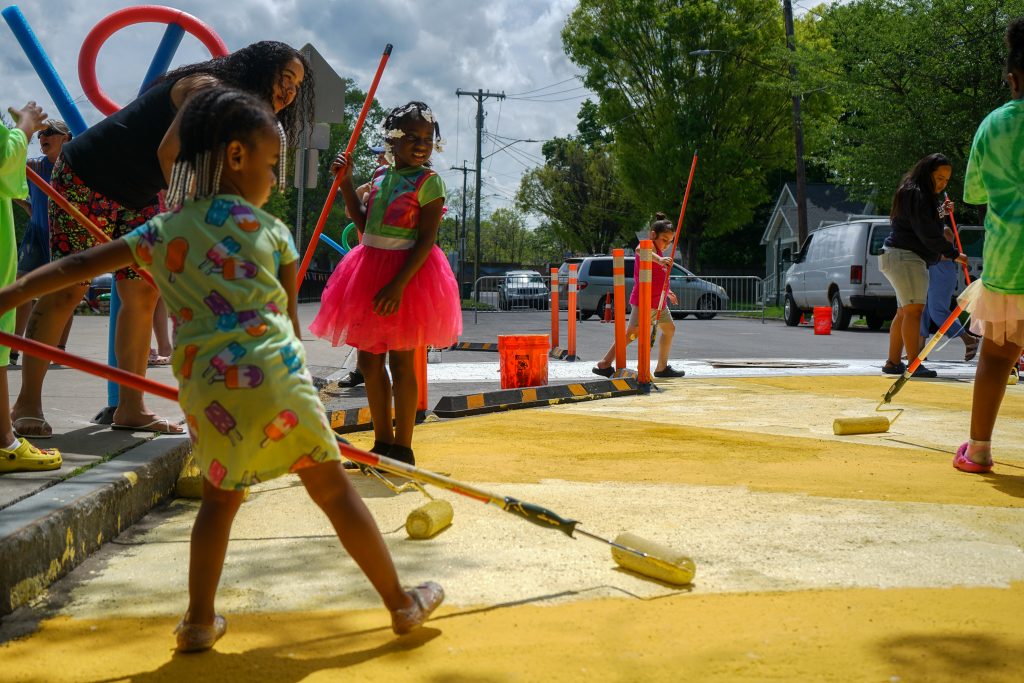
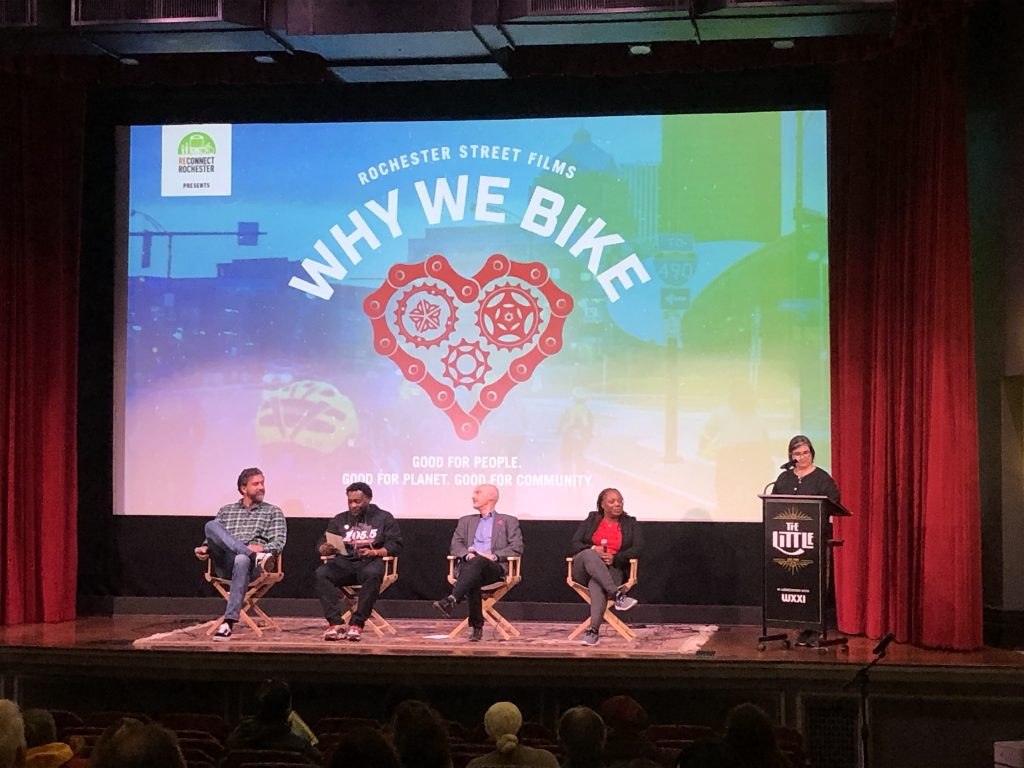
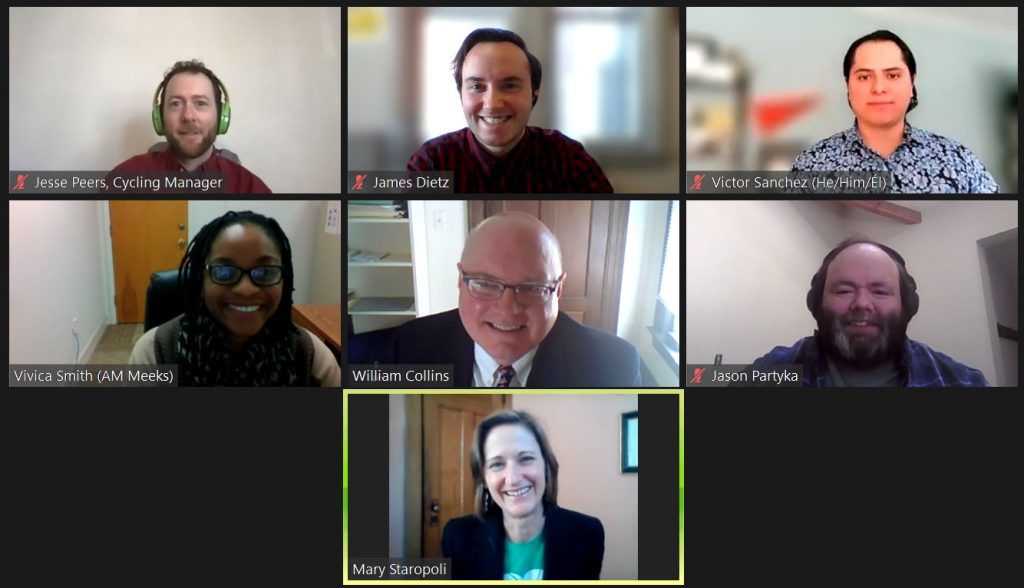
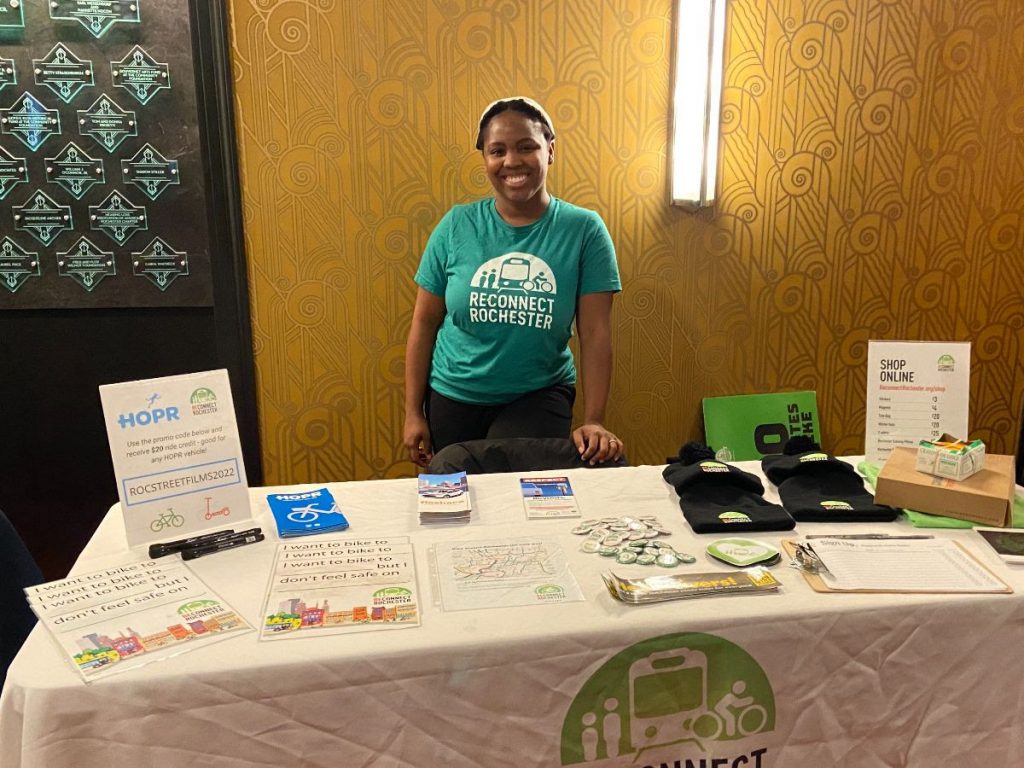
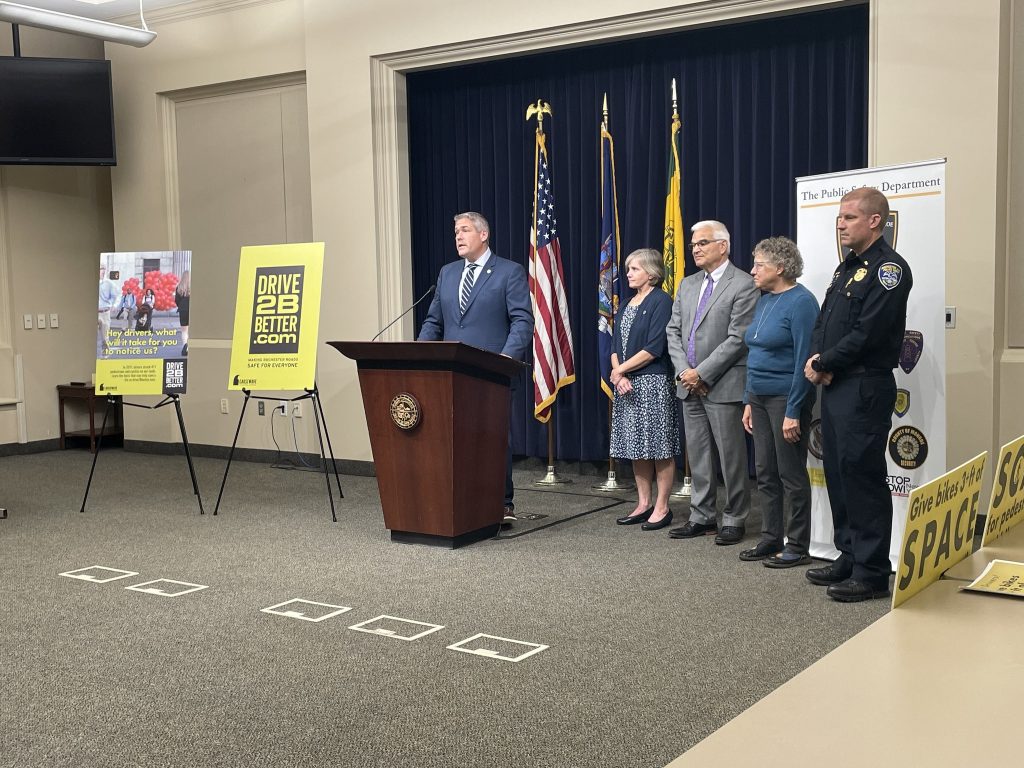
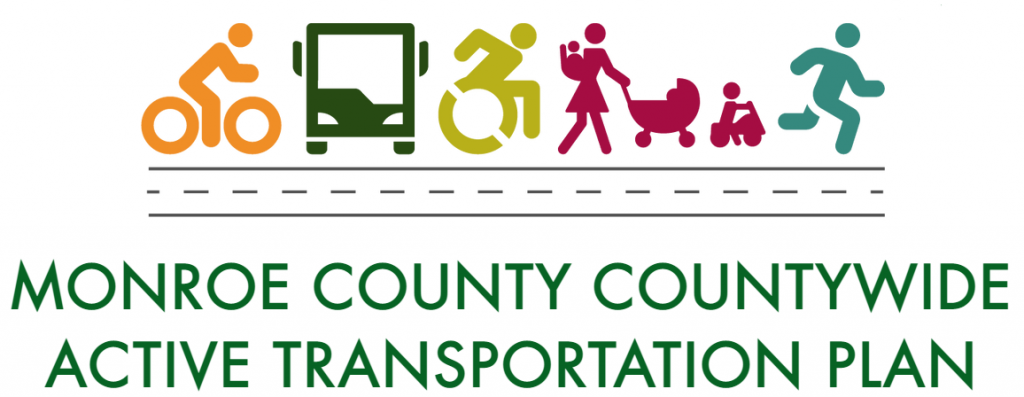
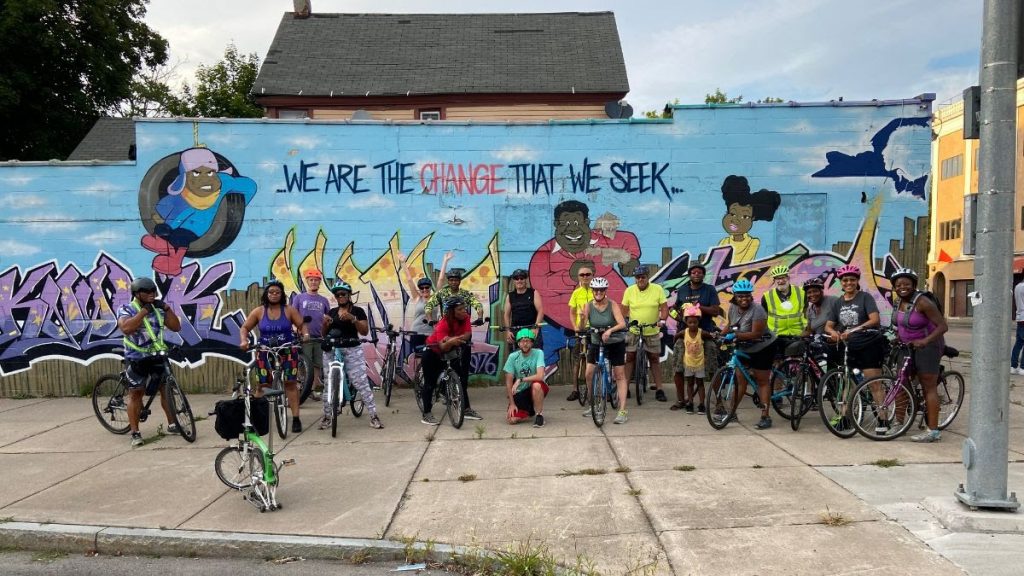
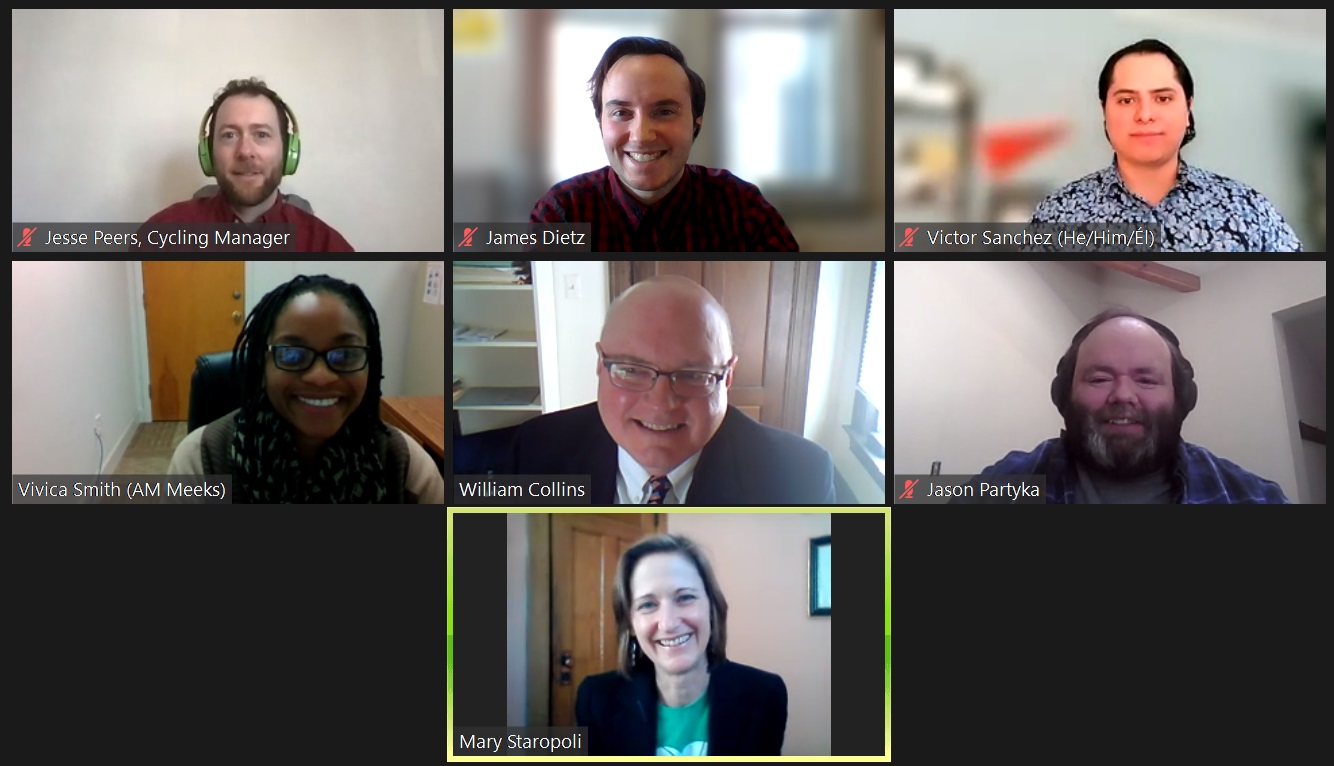
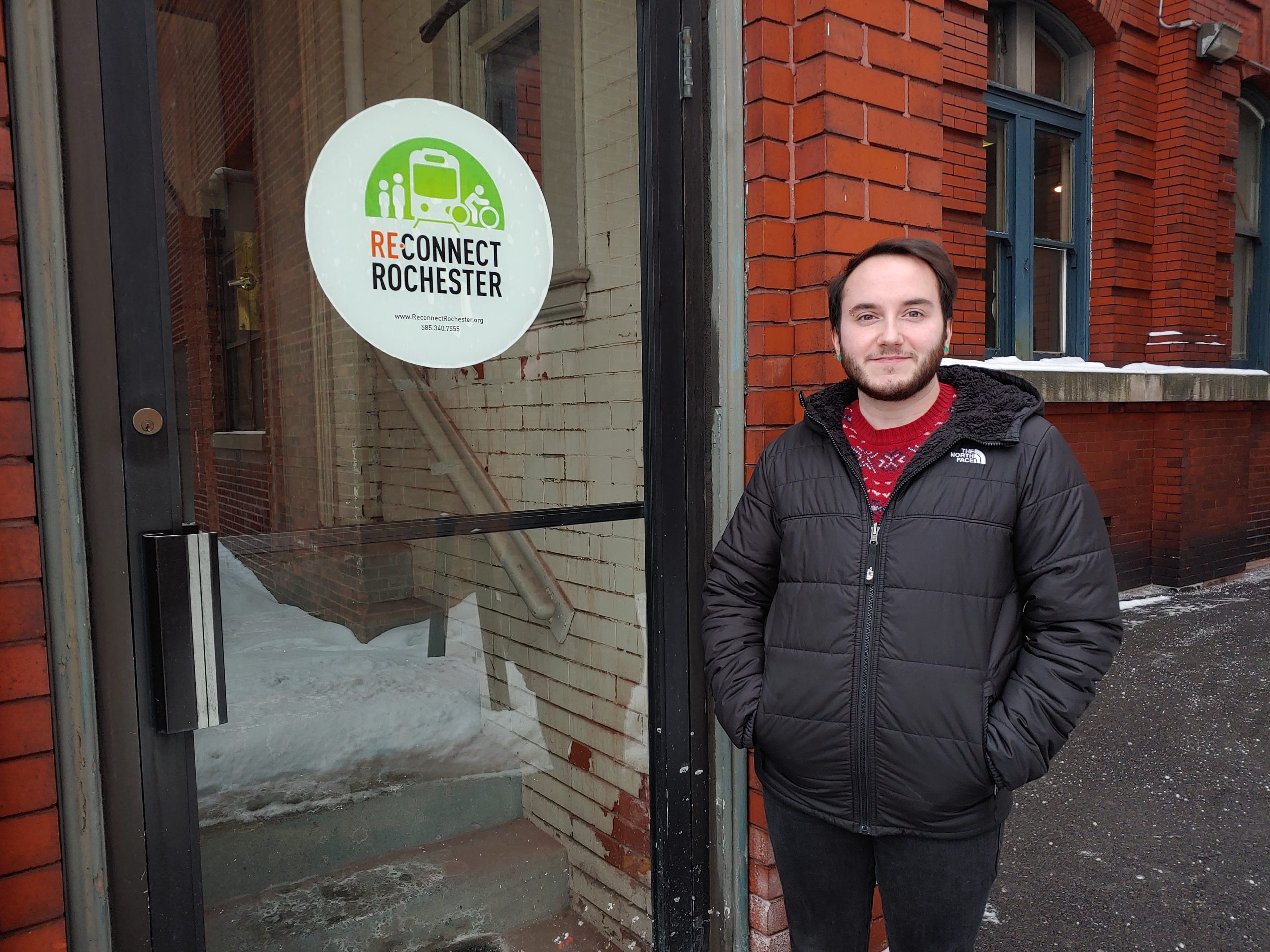
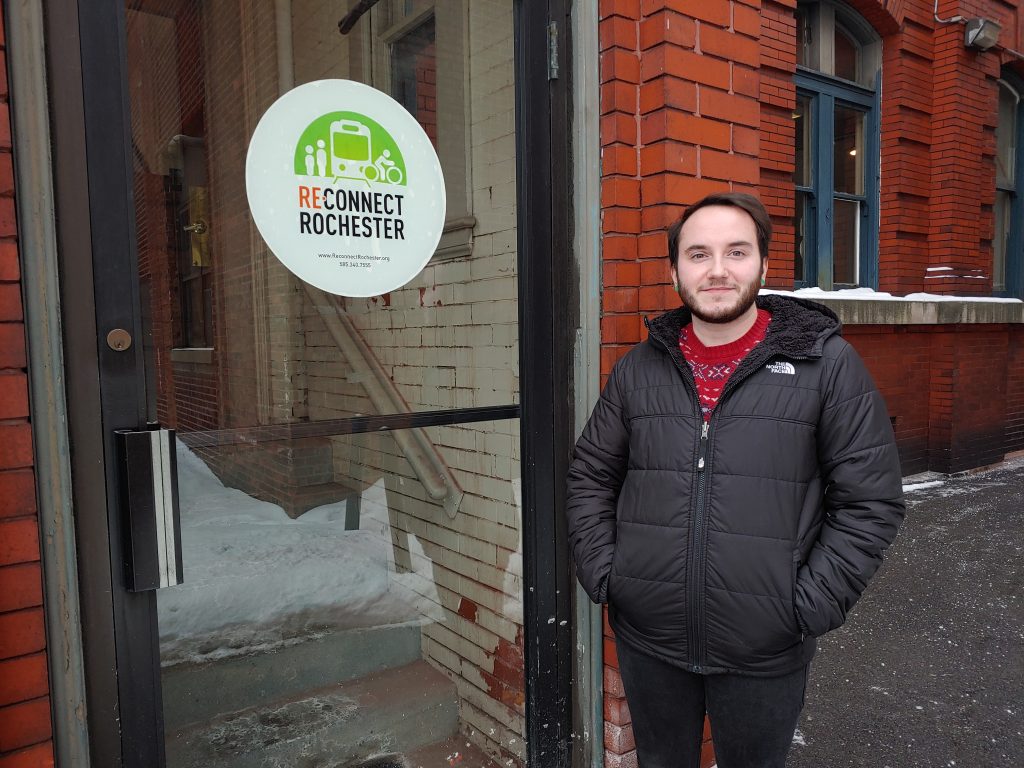
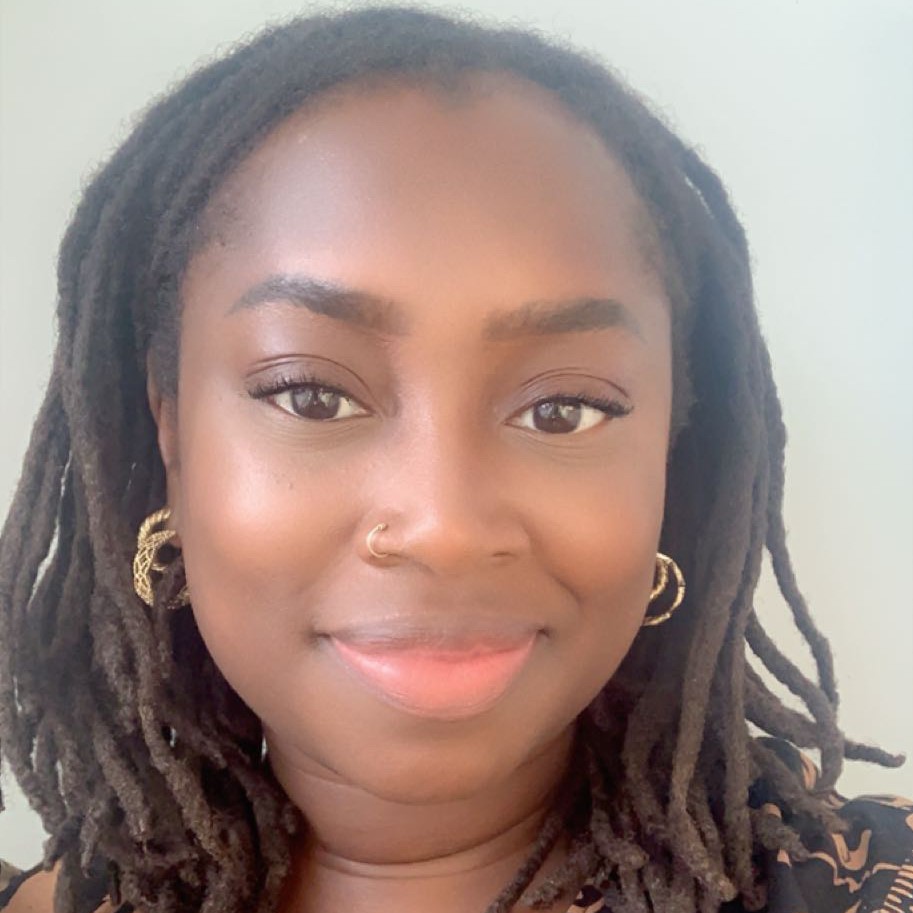

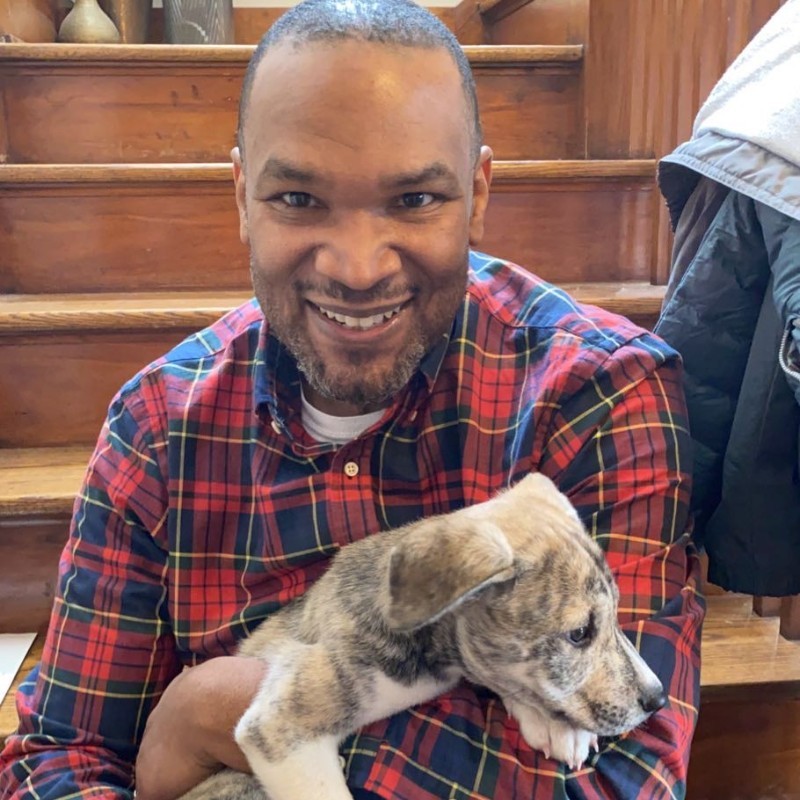
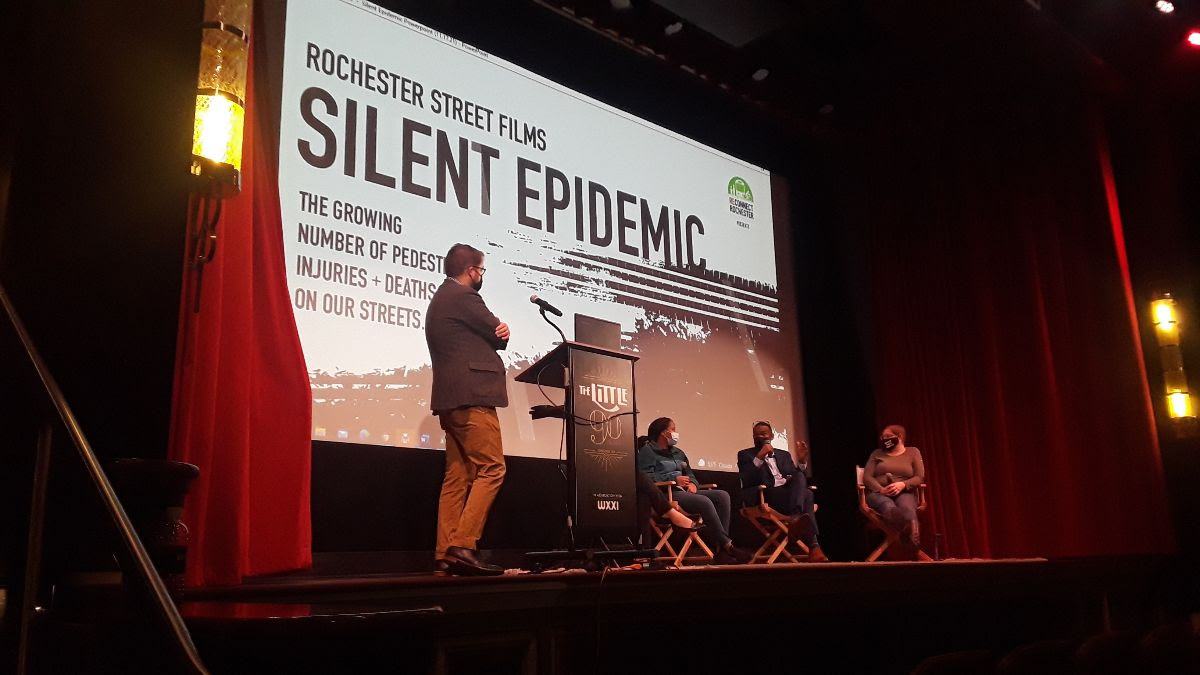
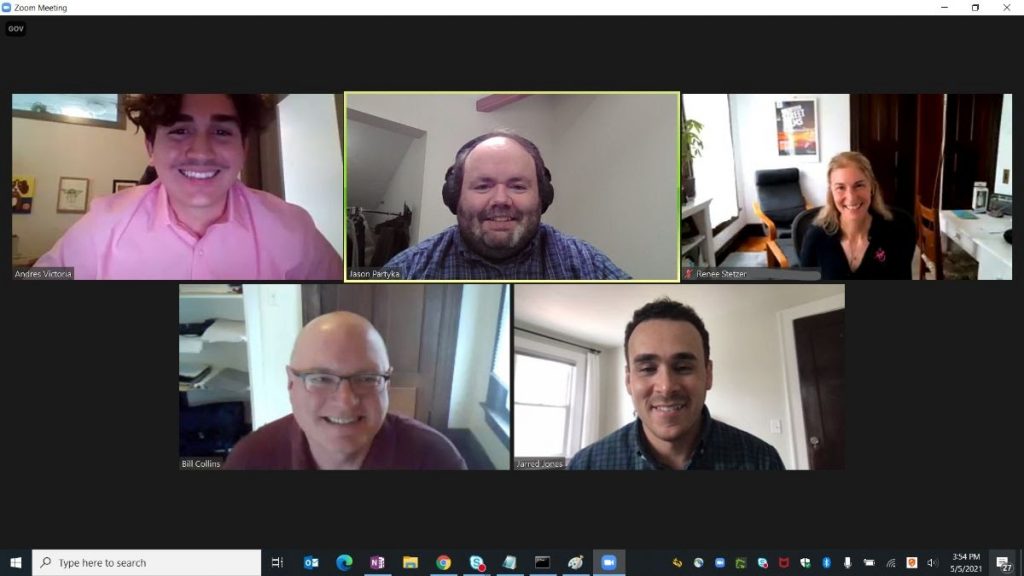
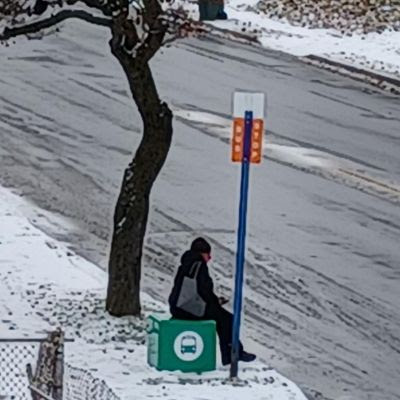
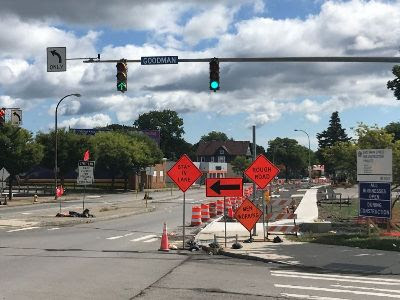
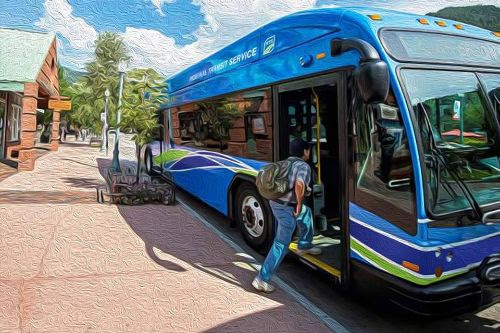
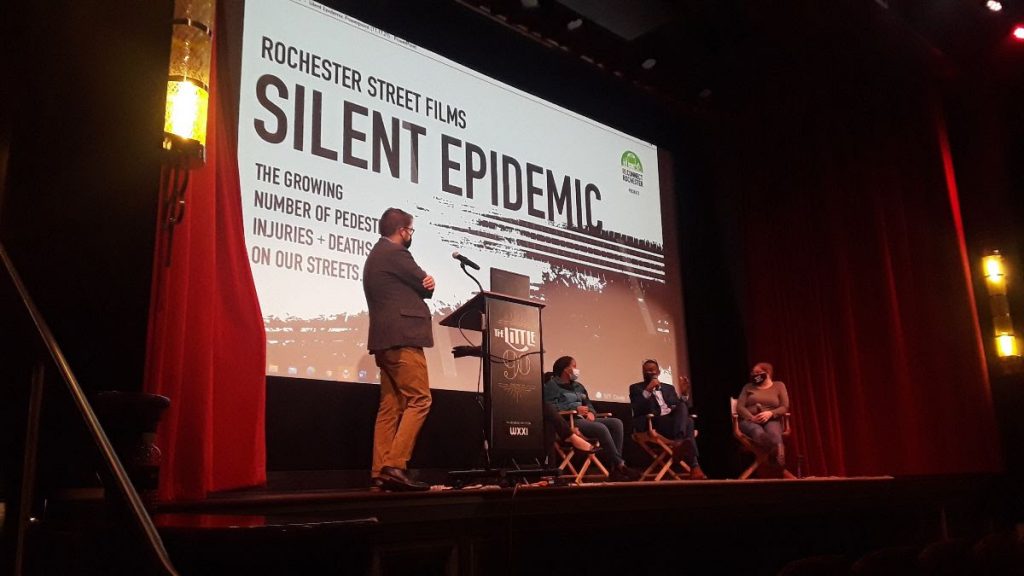

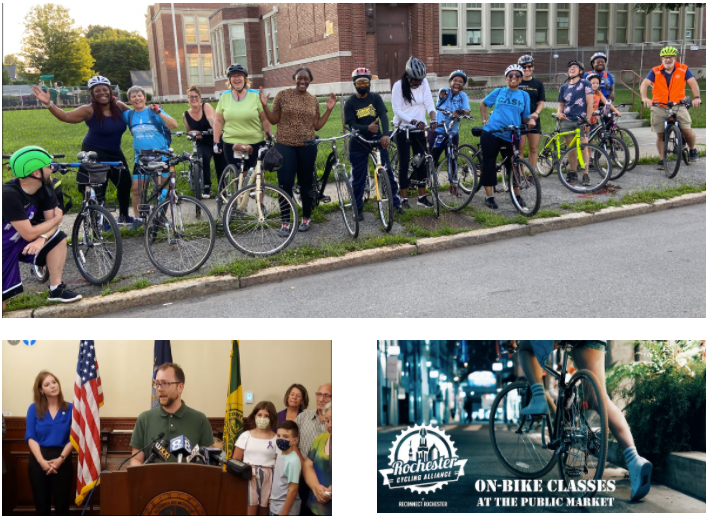
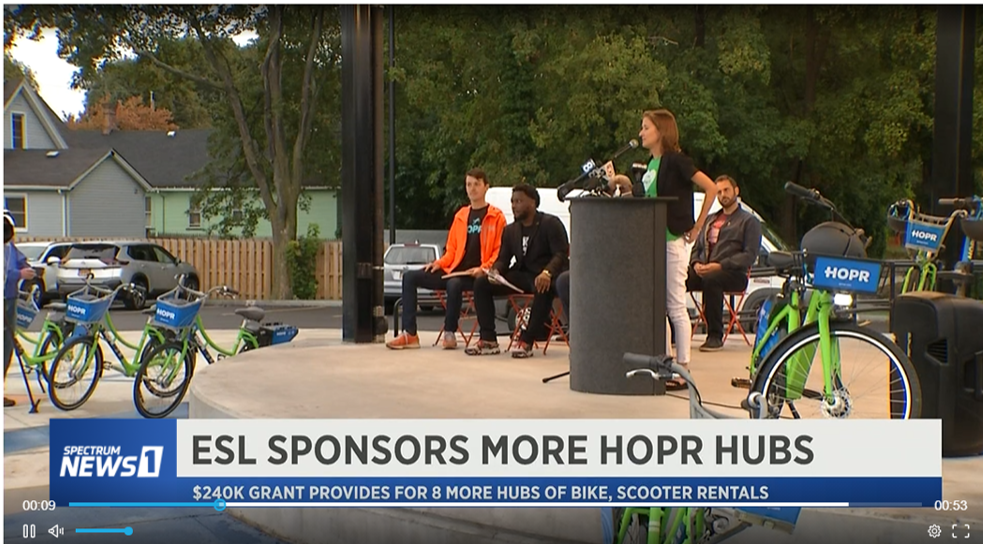
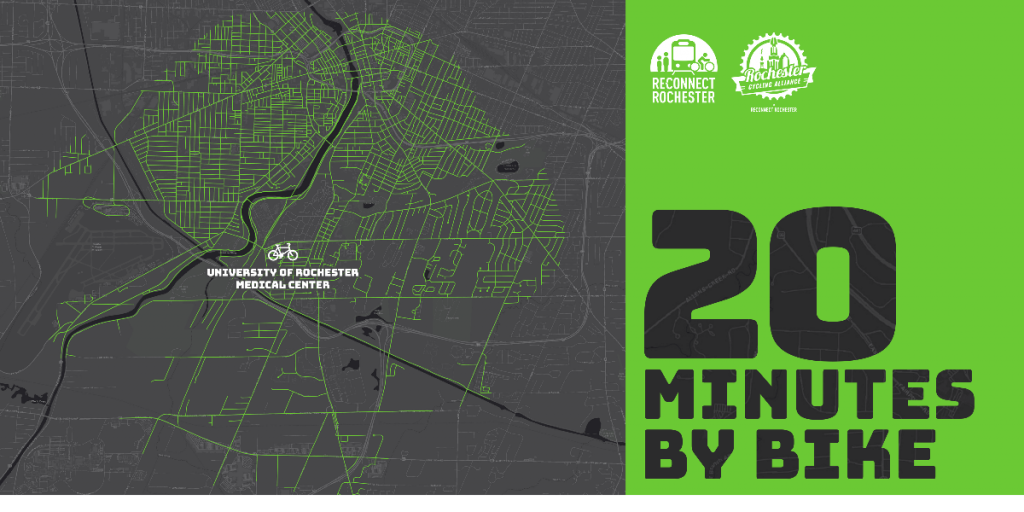

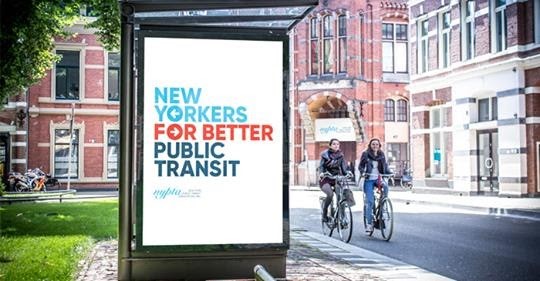
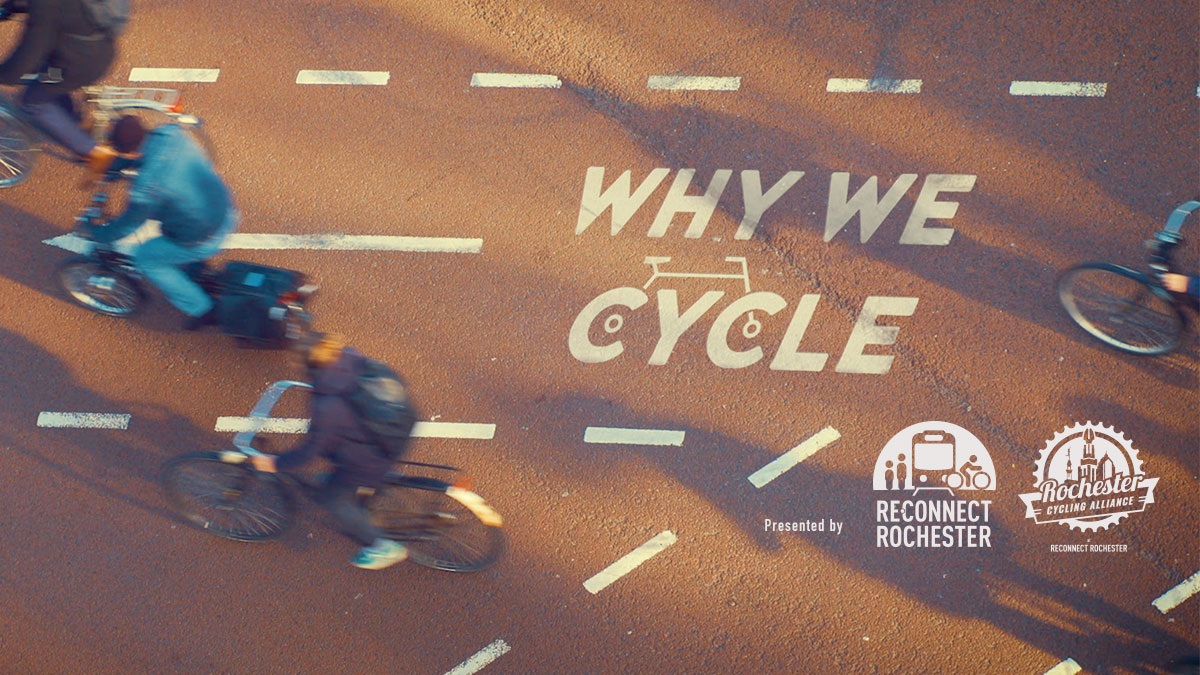
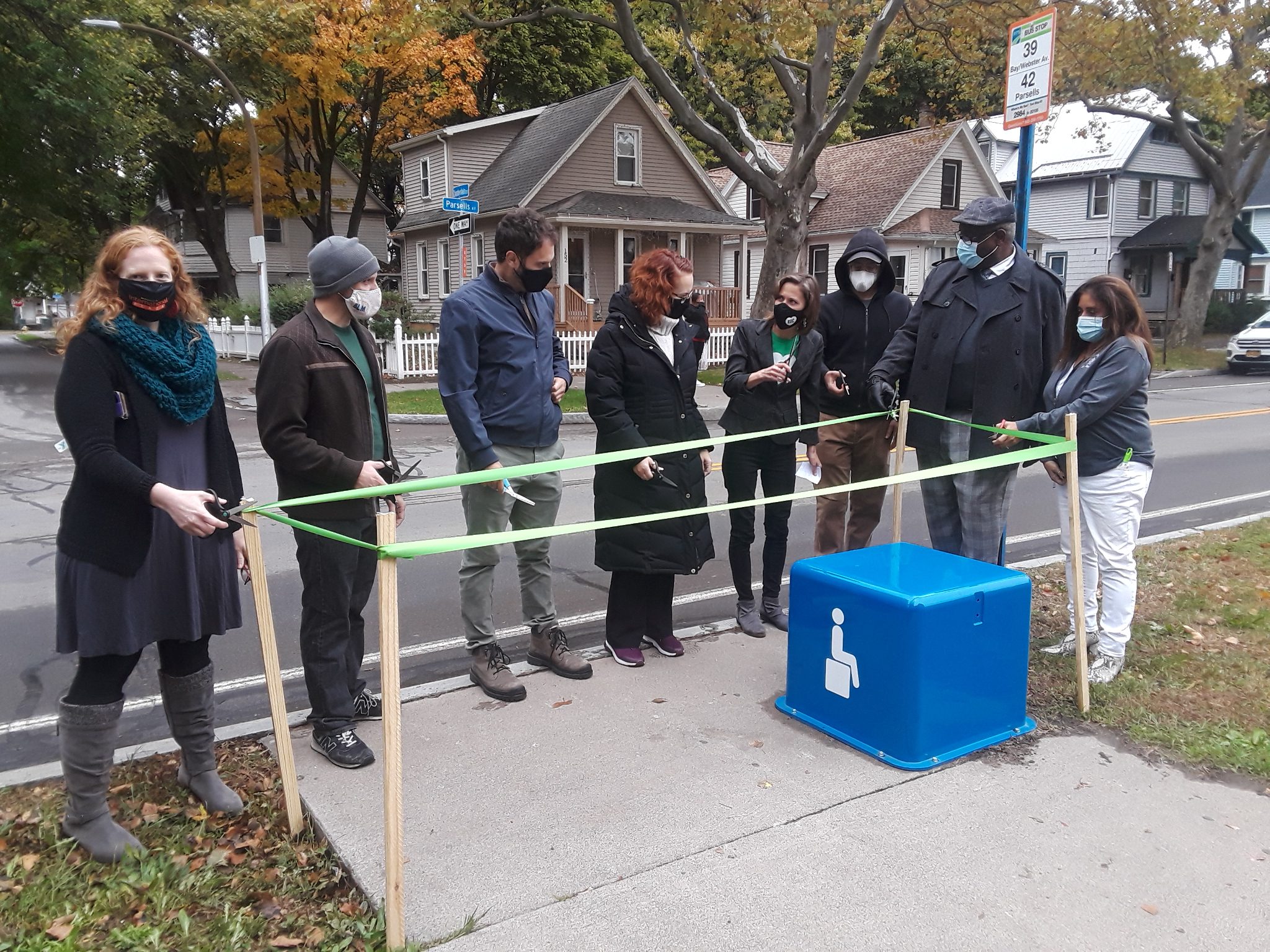
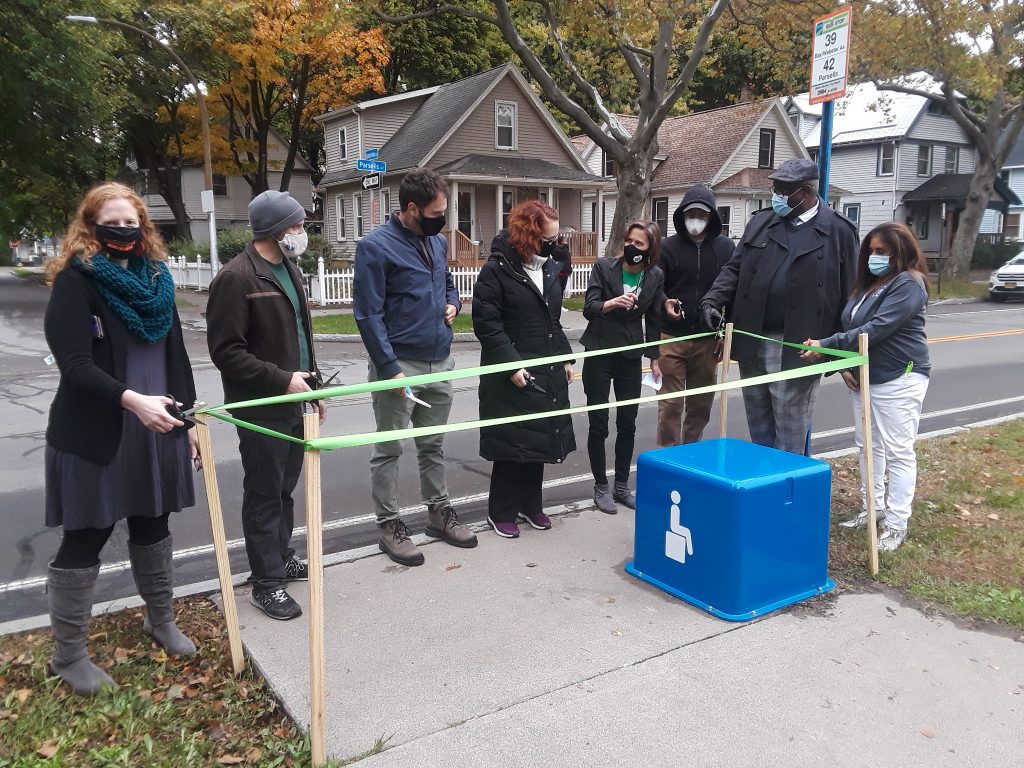
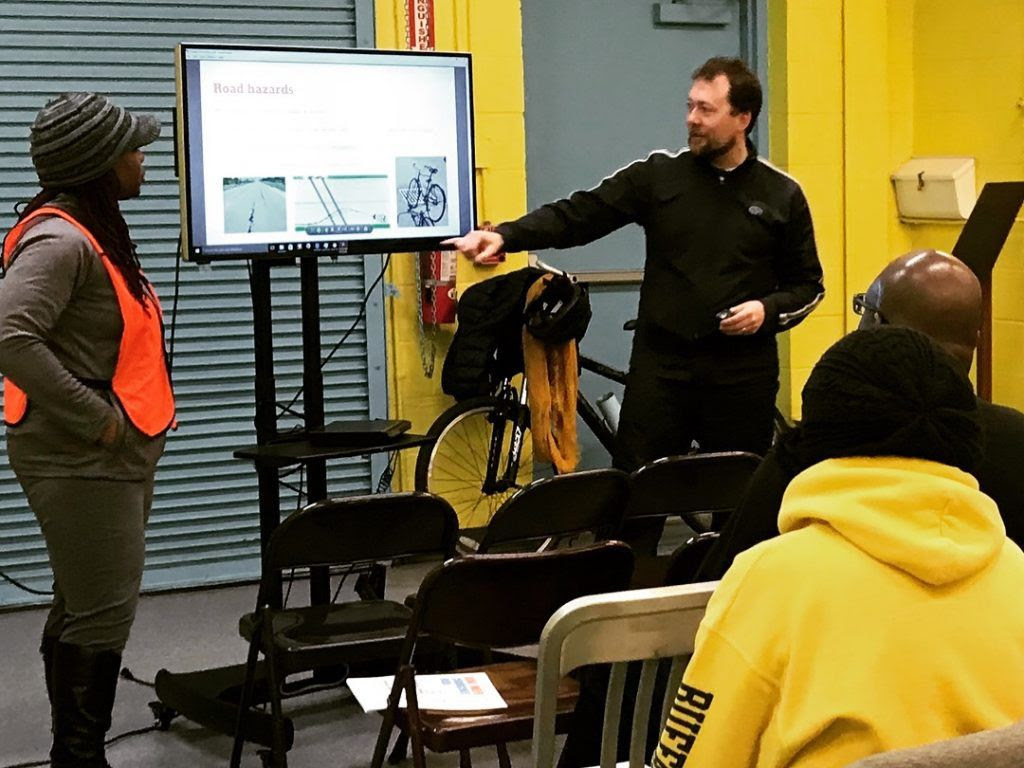
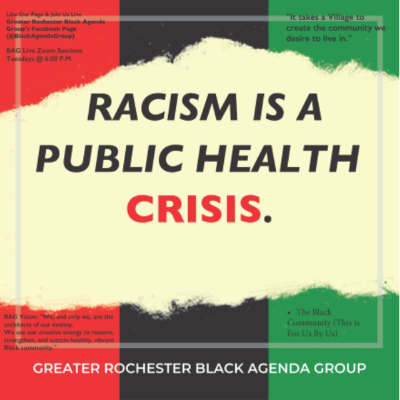
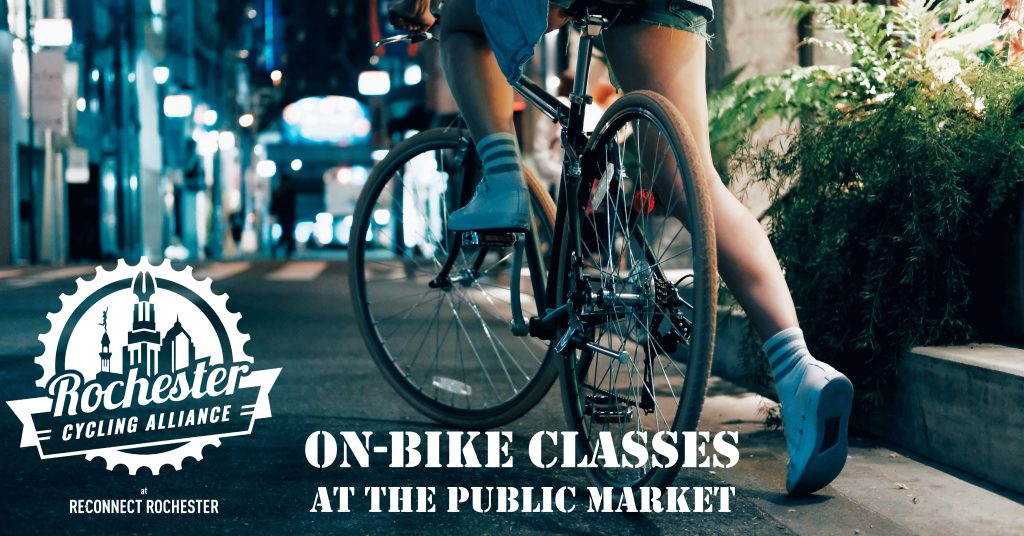
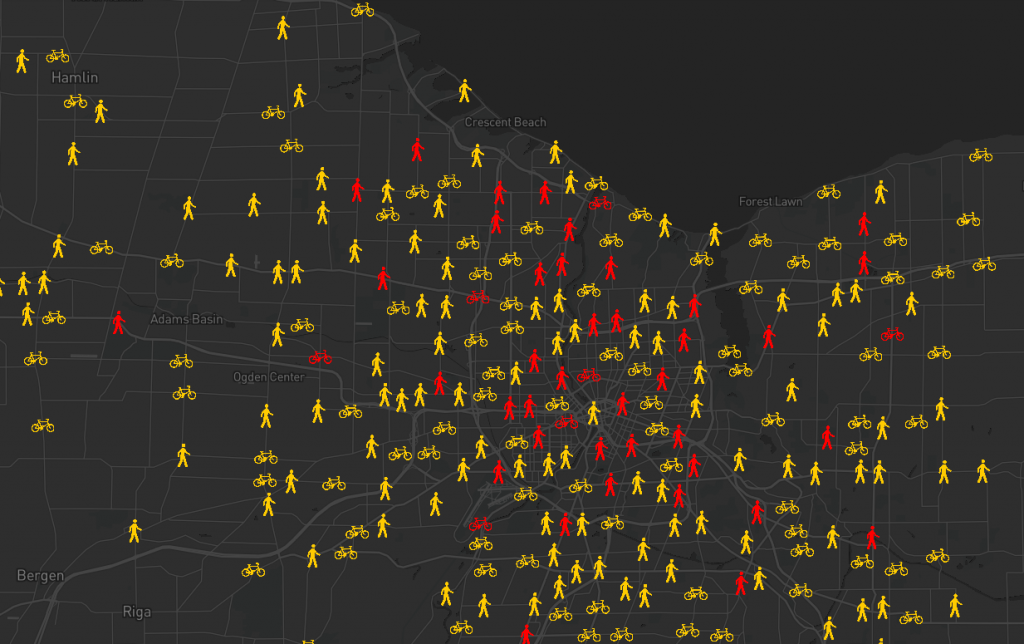

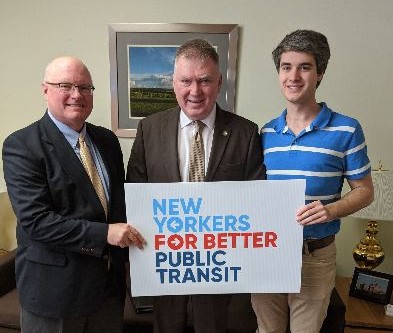
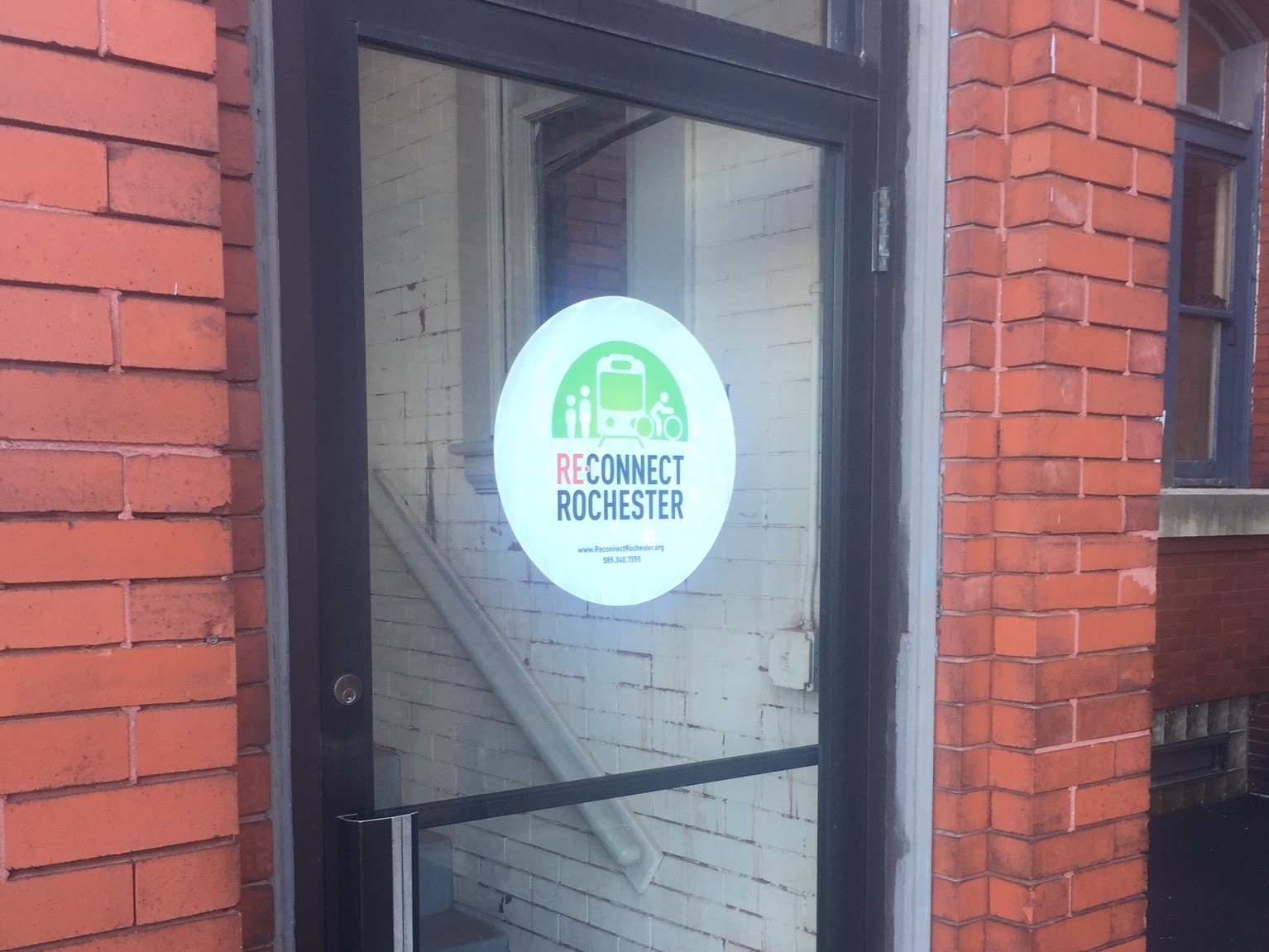
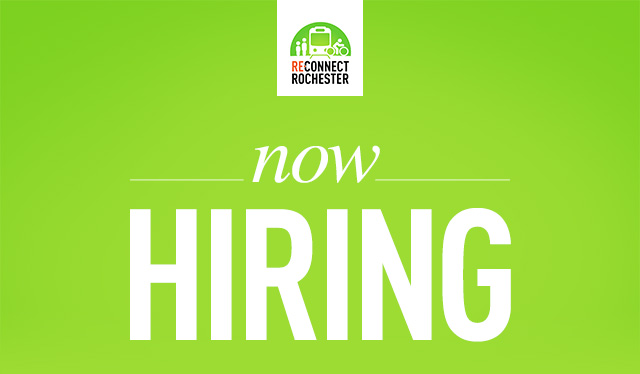
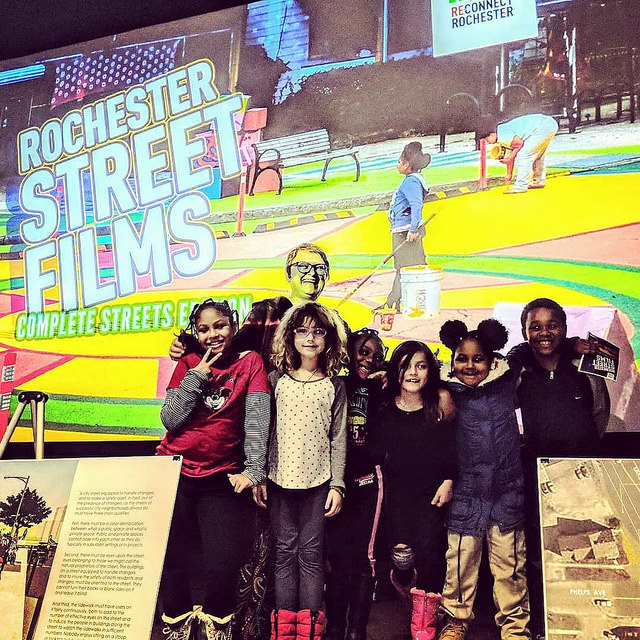
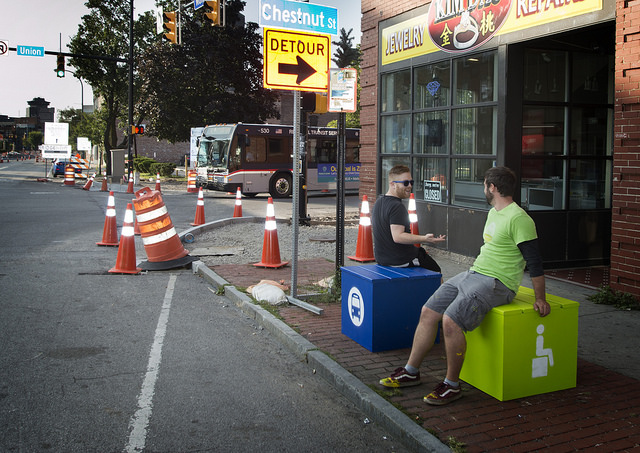
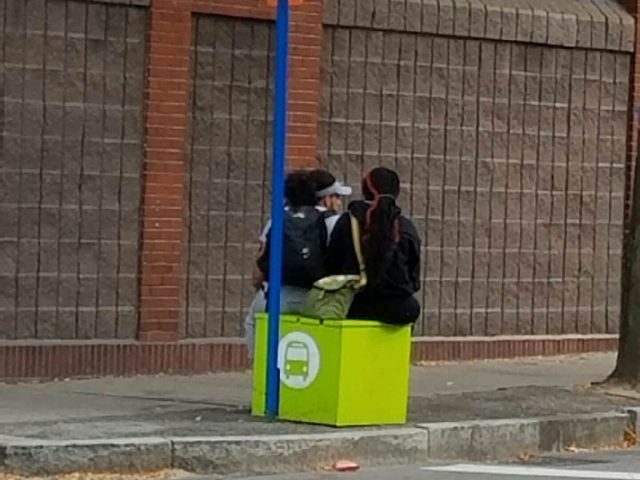
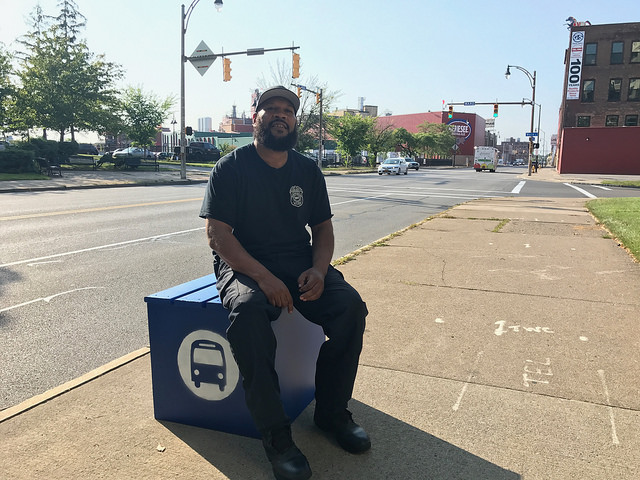
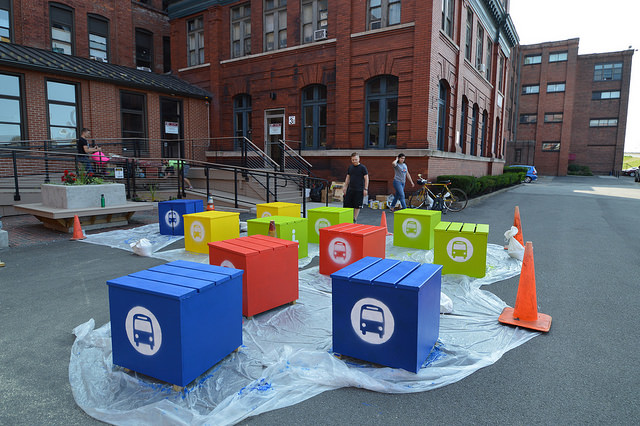
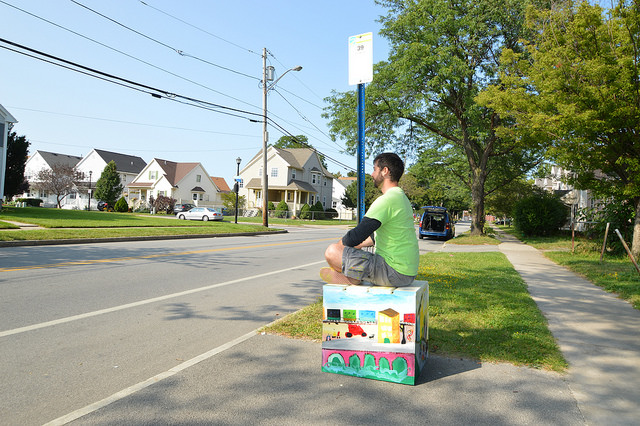
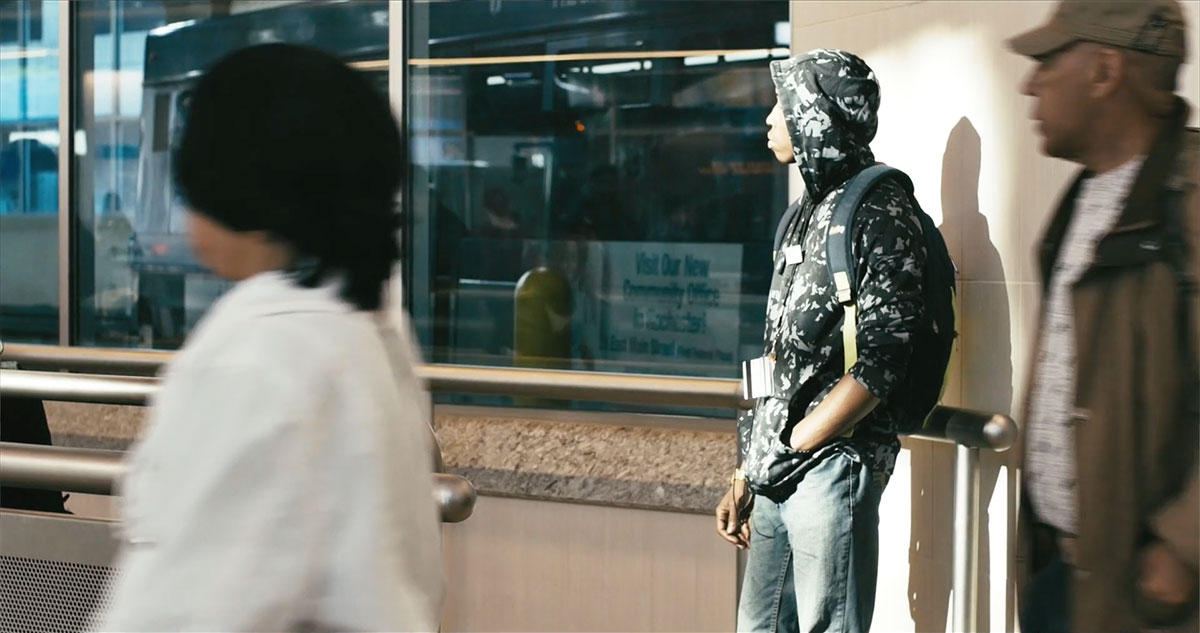
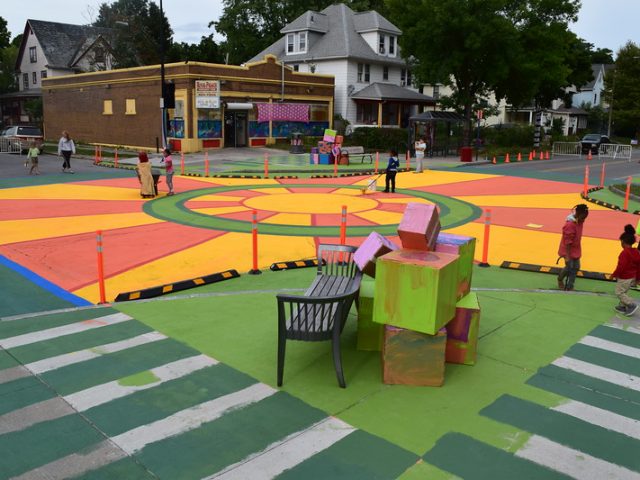
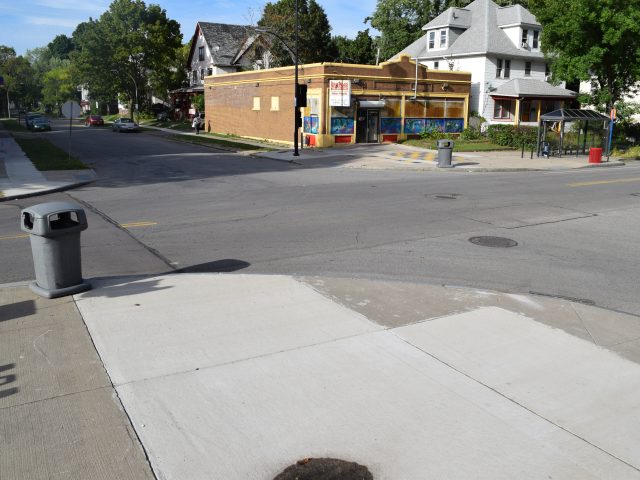
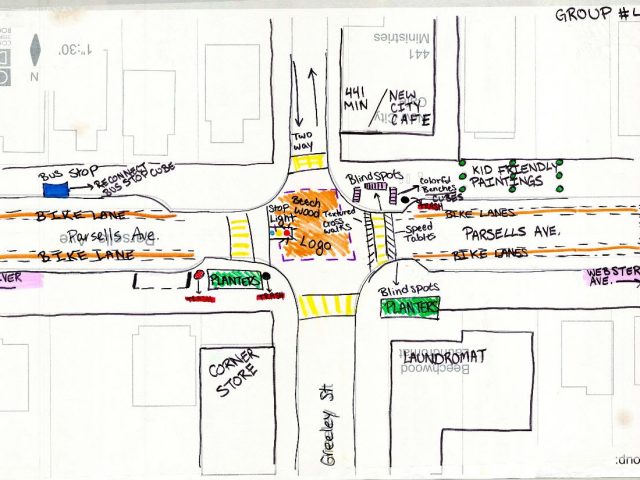
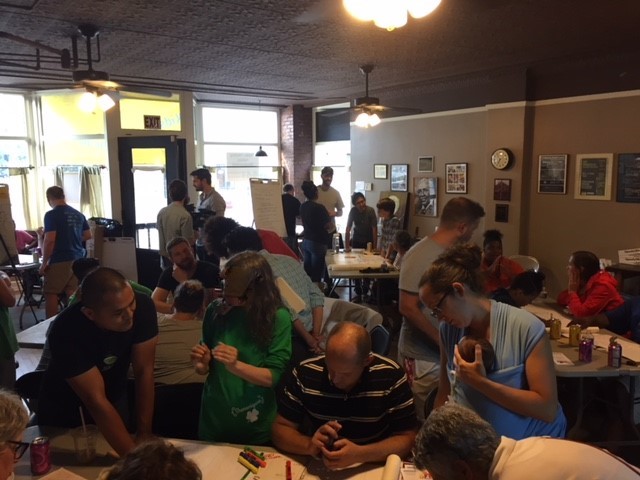
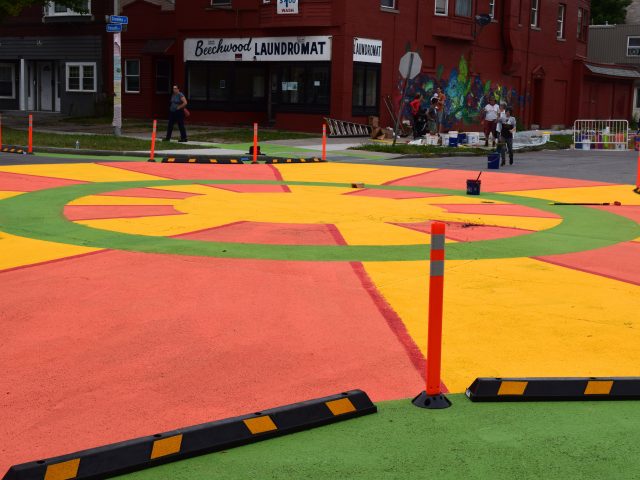
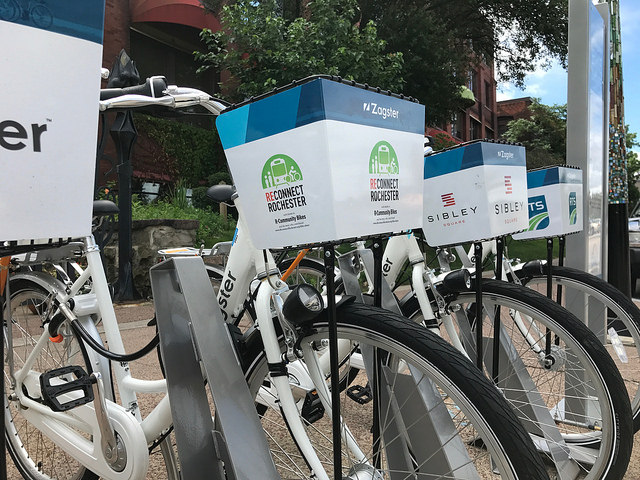
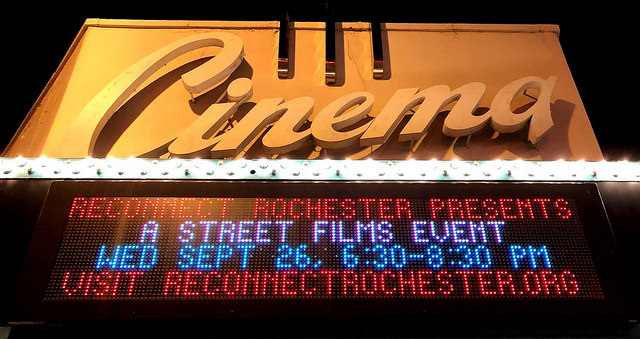
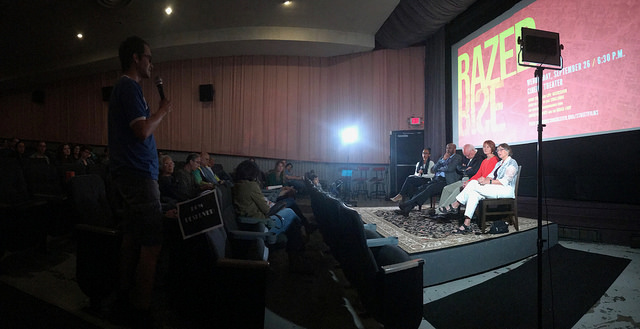
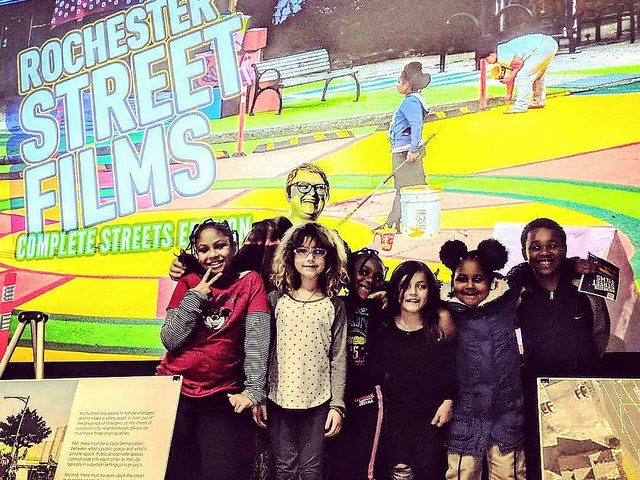
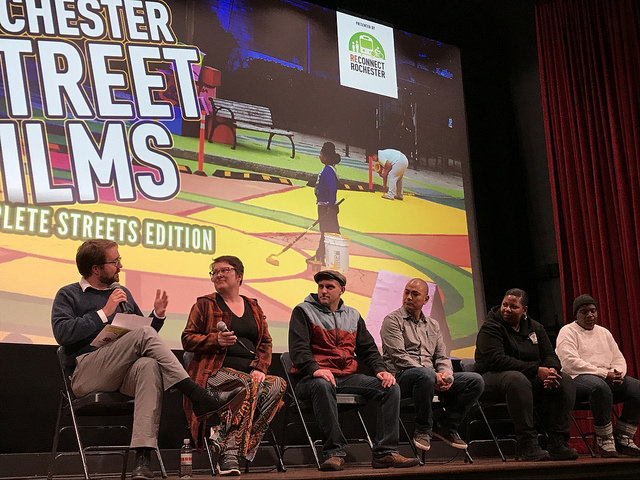
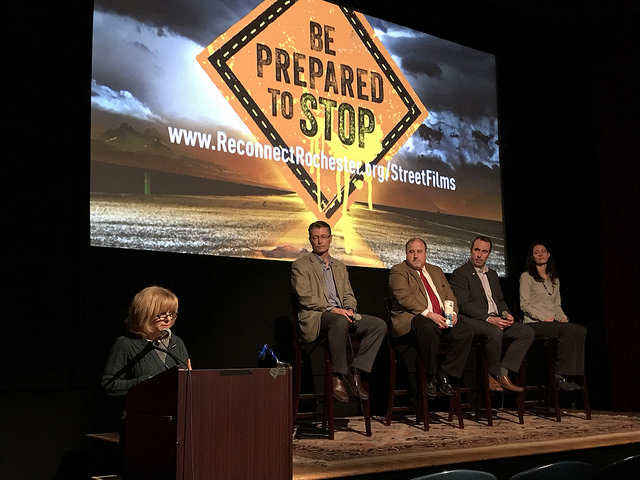
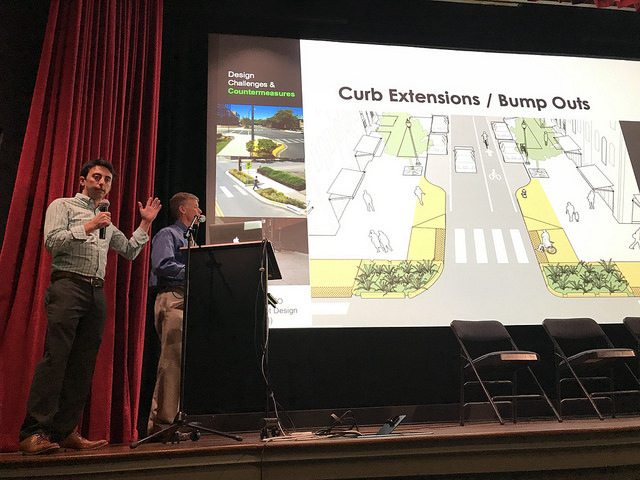
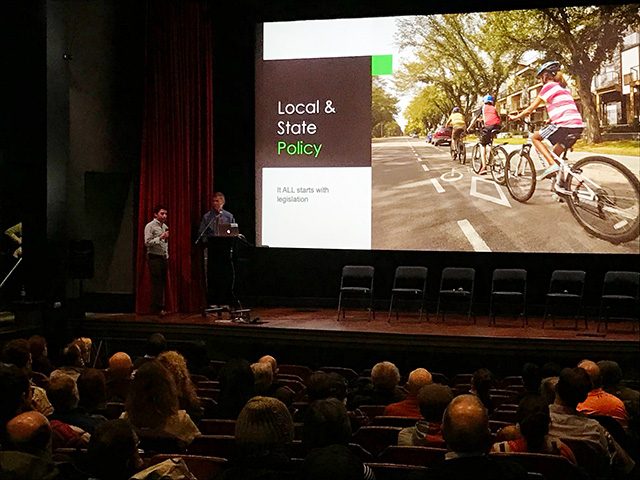
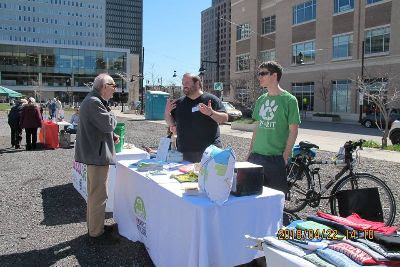
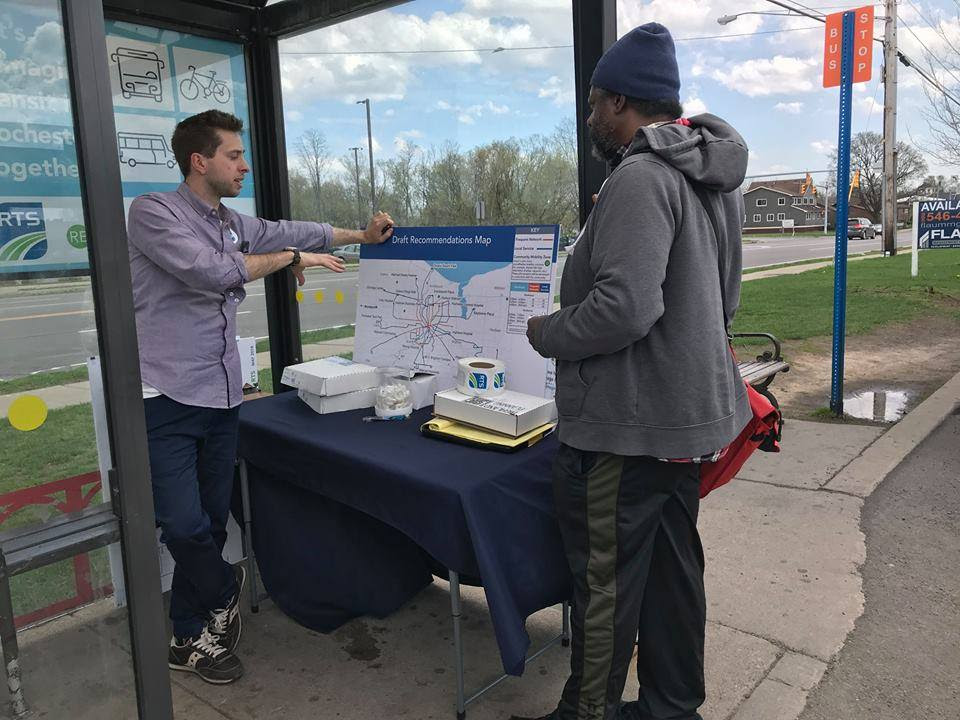
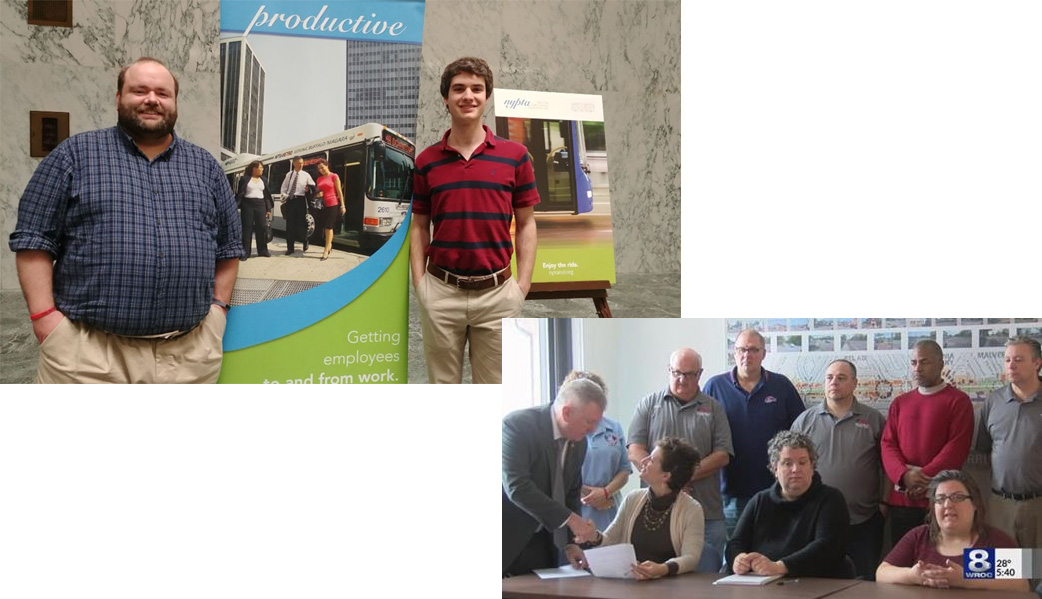

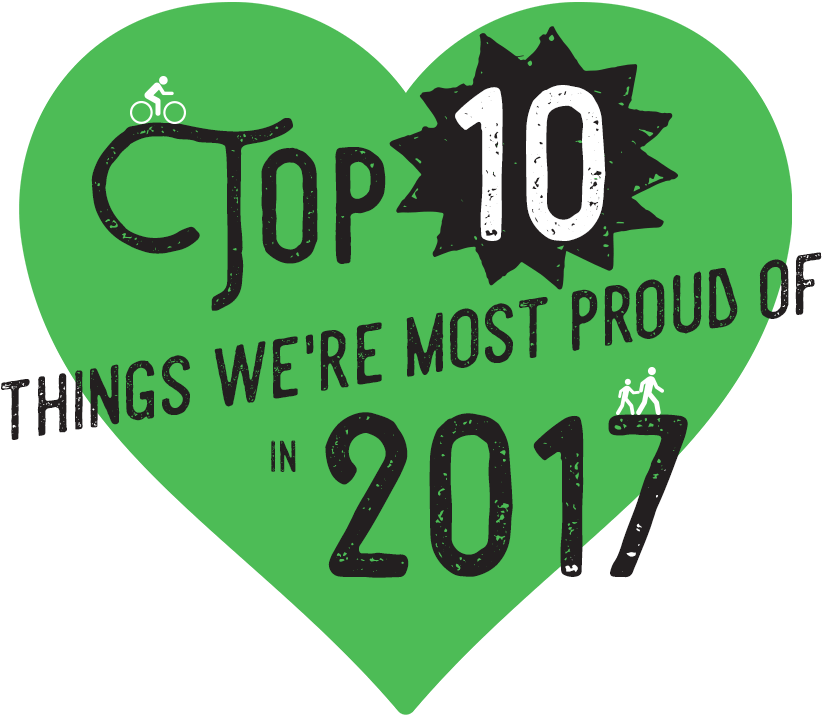
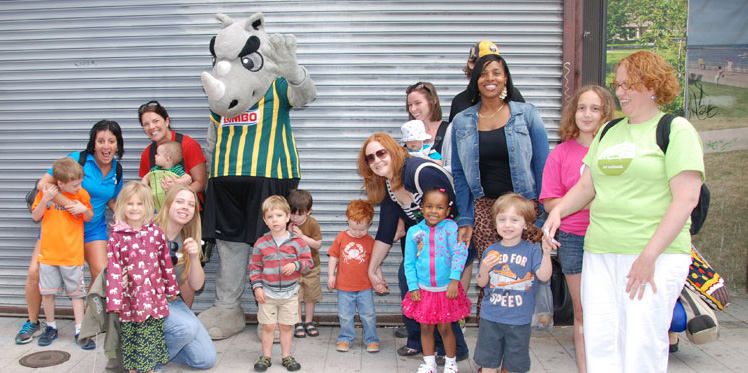
![Reconnect Rochester needs your support to keep rolling in 2015. [PHOTO: John Derycke]](http://www.rochestersubway.com/images/photos/rr2014-roc-transit-day-01.jpg)
